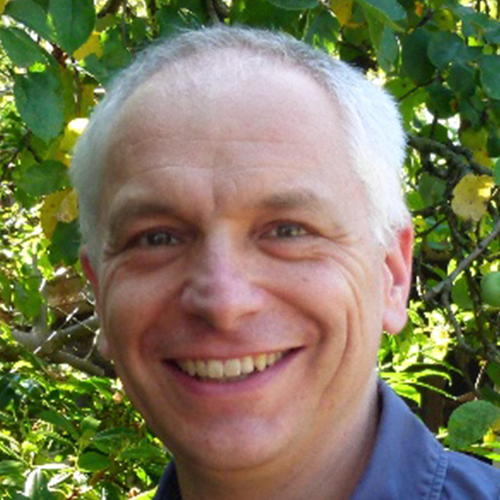Meet the Minds Shaping the EBRAINS Summit 2025
From breakthrough researchers and policymakers to neurotech innovators, EBRAINS Summit 2025 brings together thought leaders from across Europe and beyond. Explore the speakers who will guide us through four days of insight, discovery, and debate.
Speakers
Explore the list of speakers below. This page will be regularly updated.

Kilian Gross is Director for Enabling and Emerging Technologies in DG CNECT (Directorate C). In this function he oversees the Euro HPC initiative aiming to develop a World Class Super-computing Ecosystem in Europe. In addition, Kilian Gross is responsible for the implementation of the Quantum Strategy and the preparation of the future Quantum Act. His team implements the European Chips Act and prepares for its revision. Finally, it manages the EU activities regarding emerging and disruptive technologies. Before Kilian Gross was Deputy Director of the AI Office and Head of Unit for CNECT A/2 Artificial Intelligence – Regulation and Compliance. He drafted with his team the proposal for the AI Act, followed the legislative negotiations until its adoption and started its implementation. In addition to his work on AI, Kilian Gross led the legal team, which prepared and negotiated the proposal for a European Chips Act. Beforehand since November 2015 Kilian Gross was a member of the Cabinet of Commissioner Oettinger. Within the Cabinet, he was mainly responsible for the Commission anti-fraud policy, DG HR and at an earlier stage for various digital files. Kilian Gross has started his career in the Commission in the Legal Service followed by five years as Deputy and Acting Head of Unit in DG ENER where he worked on energy policy and on legal matters. Kilian Gross is German lawyer by training with a strong focus on European law.
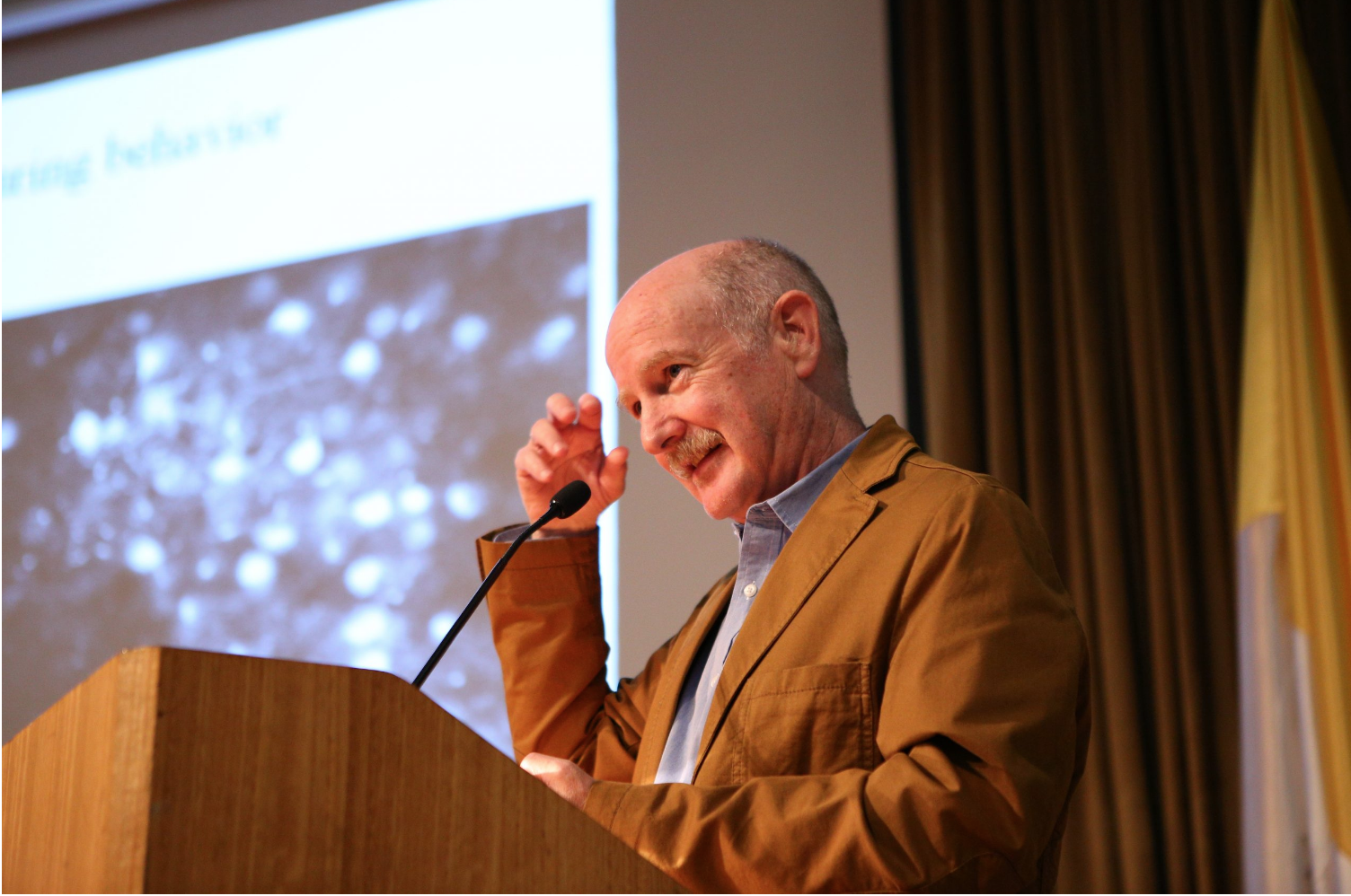
Rafael Yuste, M.D., Ph.D, is a neuroscientist that studies the cerebral cortex at Columbia University. Yuste pioneered the development of many imaging techniques and led the researchers who proposed the US BRAIN Initiative and the “Morningside” group proposal of novel human rights (“Neurorights”) to protect brain activity and brain data. He recently spearheaded the launching of Spain Neurotech, a Spanish Brain Initiative.

I’m a Turkish-born Professor for Biopsychology at the Ruhr-University Bochum in Germany and I’m kept awake with questions like: “Can different kinds of brains produce the same cognition?” or “Why are brains asymmetrically organized?”. I spent many years in different universities and science institutions on five continents and work (in descending order) with pigeons, humans, dolphins, corvids, and crocodiles as experimental subjects. I would call myself a Cognitive and Comparative Neuroscientist who works with research approaches that reach from field work via single cell recordings, behavioral experiments and neuroanatomy up to brain imaging at ultrahigh magnetic fields. I’m an elected member of several scientific academies, among them the German National Academy of Sciences and received numerous national and international scientific awards, among them the highest German (Leibniz) and Turkish science award (TÜBITAK special award) as well the European ERC Advanced Grant.
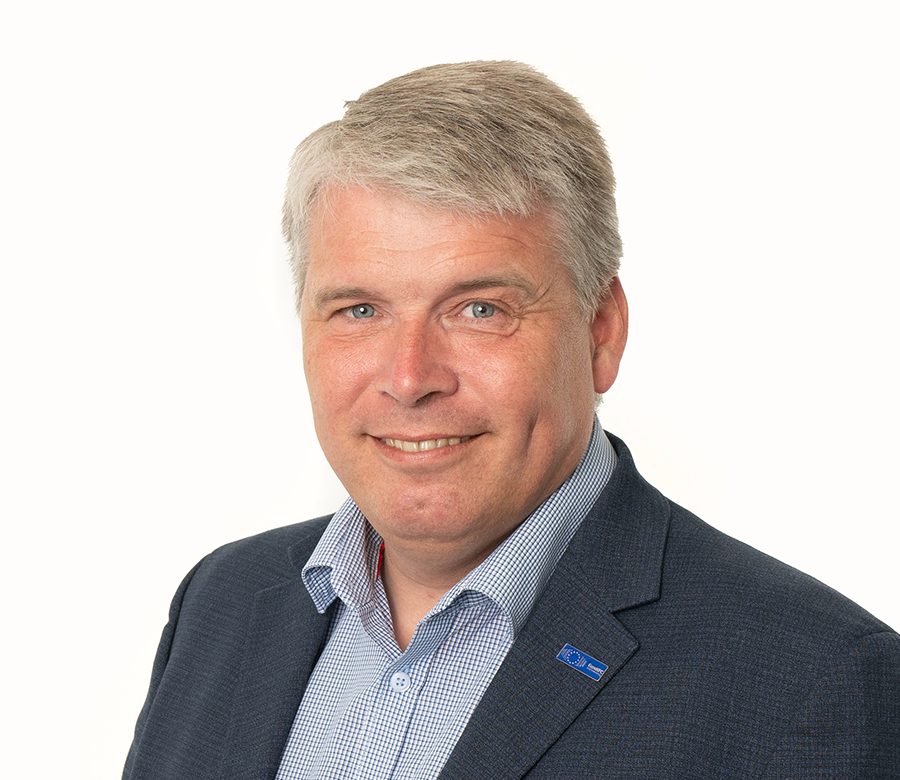
Anders Dam Jensen became Executive Director of the EuroHPC Joint Undertaking in September 2020, following a lifelong interest in supercomputers, starting from his time at the Technical University of Denmark, from which he holds a Master of Science and a Master of Business Administration. He began his career working in engineering, before joining Cargolux Airlines as IT Director and was key in the spinoff of CHAMP Cargosystems. In 2011, Anders became Director ICTM for NATO, overseeing all Information and IT services, and one of the largest classified networks in Europe.
_Mareen_Fischinger_Forschungszentrum_Juelich.jpg)
Katrin Amunts is a German neuroscientist. With her team, she has developed a unique 3D Human Brain Atlas - a kind of Google Maps for the brain. By bridging the macro and micro worlds, it helps scientists gain new insights into brain organization and to inform brain medicine. Prof. Amunts has played a key role in promoting European and global collaboration. From 2016 until its completion in 2023, she was Scientific Director of the EU flagship ""Human Brain Project"", in which 122 institutions worked together. It gave rise to the EBRAINS research infrastructure, which the neuroscientist now heads as Joint CEO.
%20CEA%20(1).jpg)
Since July 2023, Philippe Vernier has served as Joint CEO of EBRAINS. He is an Emeritus Research Director of Exceptional Class at the French National Centre for Scientific Research (CNRS) and Scientific Advisor at CEA Paris-Saclay. He is a specialist in brain development and its evolution. His research focuses on the evolution of the brain and neuromodulatory neurotransmission systems, as well as the evolution of cognitive functions such as language, memory, and emotions. His work also addresses neurological conditions such as Parkinson’s disease and Attention Deficit Hyperactivity Disorder (ADHD). Philippe Vernier previously led the Frédéric Joliot Institute for Life Sciences at the CEA Saclay Center (2019-2024). Prior to that, he was the director of the Paris-Saclay Institute of Neuroscience (NeuroPSI), which he founded (2015–2019). A former neurology resident at hospitals of Grenoble, Philippe Vernier was trained in neuroscience and molecular biology at Claude Bernard University (Lyon) and Pierre and Marie Curie University (Paris).
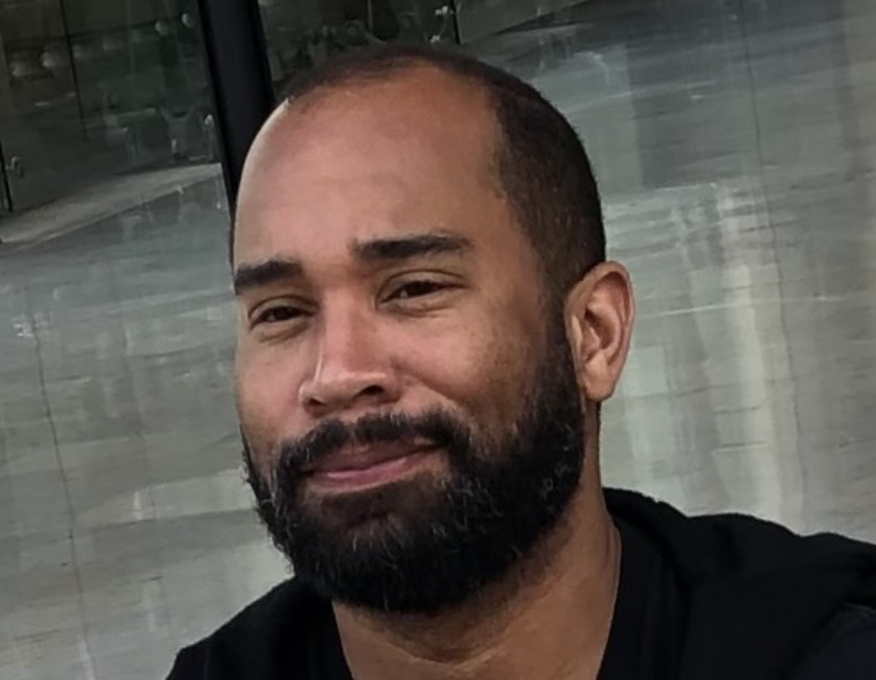
Mathew Birdsall Abrams, PhD, MPH is Director of Science and Training at the International Neuroinformatics Coordinating Facility (INCF), a global organization dedicated to open, FAIR, and citable neuroscience. Mathew is a neuroscientist with over 25 years of experience in both experimental neuroscience and clinical psychiatry, as well as 12 years of experience in community coordination, community building, and product development in neuroinformatics. Mathew has worked with the infrastructure developers of the world’s large scale brain initiatives (BRAIN Initiative in US, Human Brain Project in Europe, Canadian Open Neuroscience Platform, and Brain/MINDS in Japan). He also holds Positions of Trust in many neuroscience societies (e.g. SfN, FUN, FENS, and IBRO). Mathew conducted his doctoral thesis research at Tulane University and Karolinska Institutet, obtained his MPH in Health Systems Management at Tulane University School of Public Health and Tropical Medicine, and completed his undergraduate education at the University of Richmond.
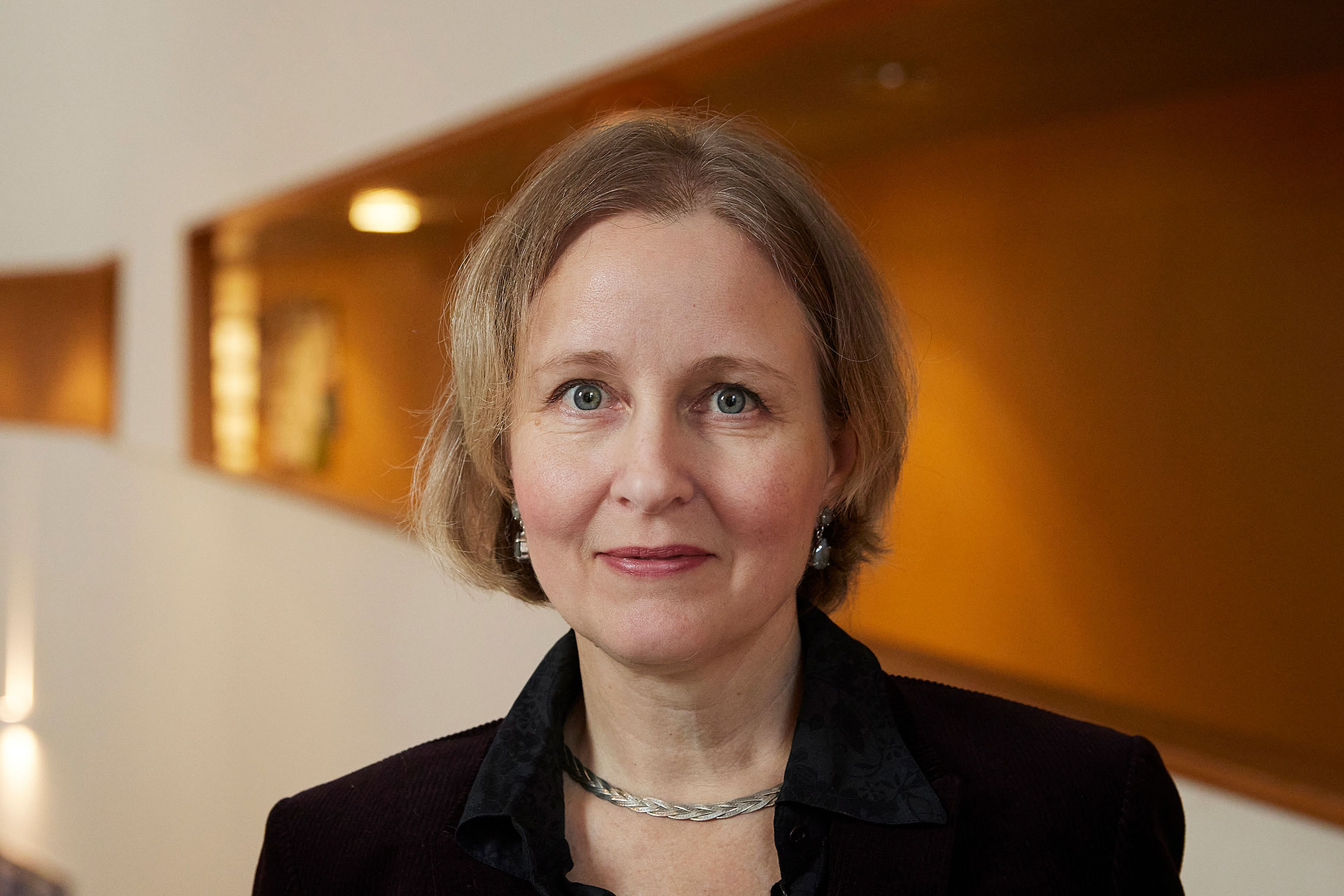
Maria Asplund is Professor in Bioelectronic Microtechnology at Chalmers University of Technology and Director of the Chalmers Area of Advance in Health Engineering. Marias research expertise includes flexible microtechnology for the neurotechnology domain, tissue-device interaction and electronic biomaterials. After completing her PhD at the Royal Institute of Technology (Stockholm, 2009) she led her own research group at the University of Freiburg, Germany (Department of Microsystems Engineering, 2011-22) and was visiting professor at Luleå University of Technology (2020-2023). Maria Asplund’s team specializes in materials for efficient and safe charge injection over the entire parametric range used clinically, from promotion of wound healing to brain implants for visual restoration. She is vice chair for the Swedish Society for Medical Engineering, and an editor of Journal of Neural Engineering and of Bioelectronic Medicine. She is also co-founder of the MedTech Startup Bioelectrix Sweden.
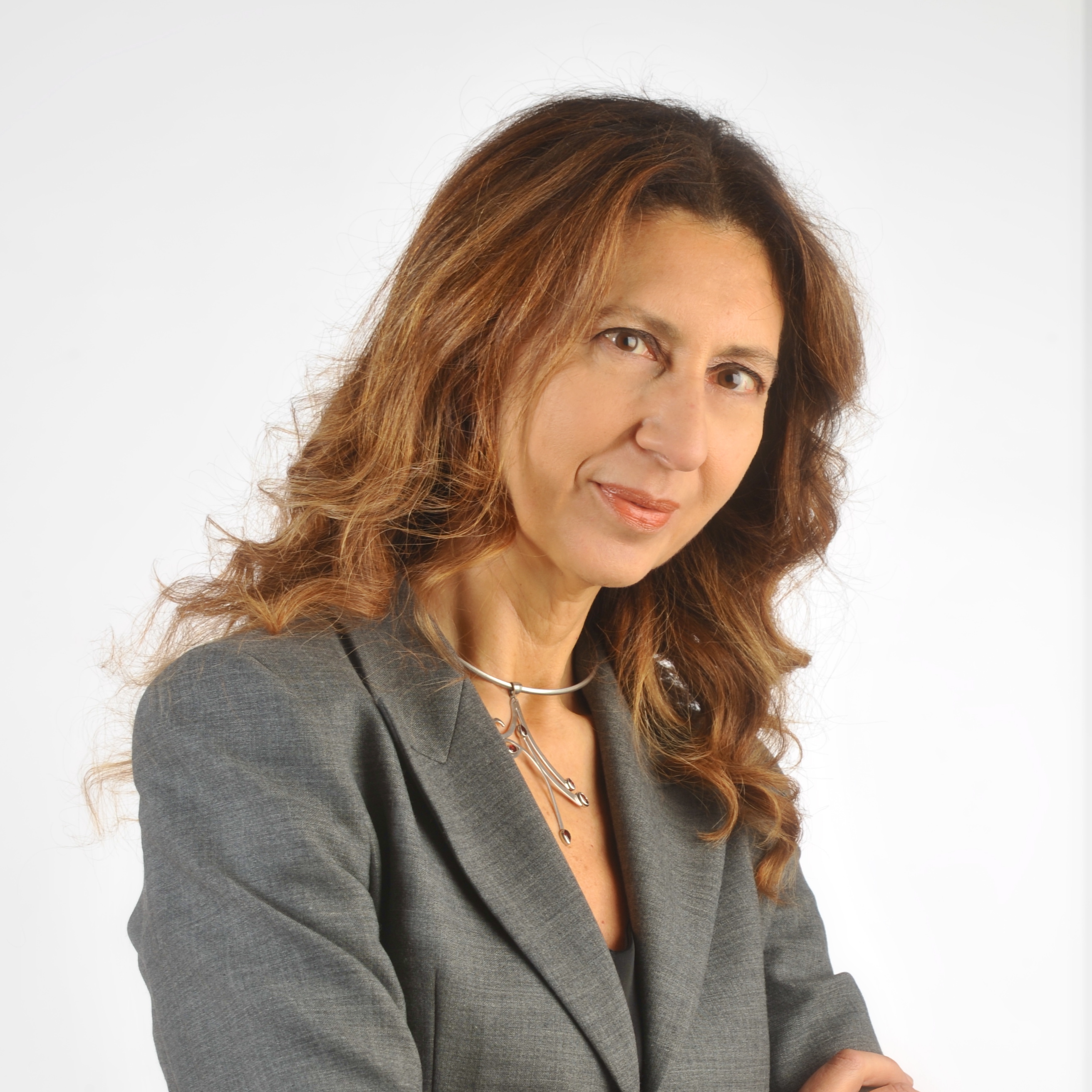
Alessandra Bertoldo is Full Professor of Bioengineering in the Department of Information Engineering at the University of Padua, Italy. Since 2022, she has served as Director of the Padova Neuroscience Center, a research institute of the University of Padova dedicated to understanding the structural and functional organization of the brain across multiple spatial and temporal scales. She is also a member of the Board of the Doctoral School in Neuroscience at the Padova Neuroscience Center. Prof. Bertoldo has authored more than 200 peer-reviewed publications. Her work sits at the intersection of engineering, mathematics, and neuroscience, with a strong translational focus. She develops rigorous quantitative models to interpret brain imaging data, aiming to improve the understanding of neurological diseases — such as brain tumors — and ultimately support clinical decision-making. Through multimodal connectomics, she seeks to map and model the brain’s complex networks — metabolic, functional, and structural — to uncover how they reorganize in pathology and how they may be modulated. Her research is driven by the ambition to build quantitative and mechanistic representations of how the brain operates as an integrated system. Over the course of her career, she has contributed to several national and international research projects.
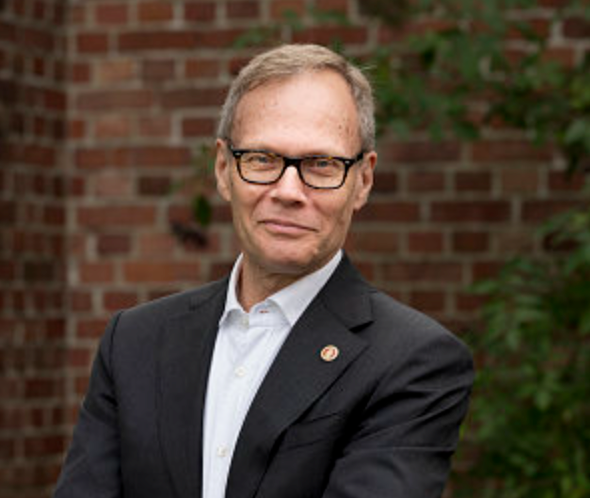
Prof. Jan Bjaalie is Chief Data and Knowledge Officer at the EBRAINS AISBL and leader of the Data Services of the EBRAINS Research Infrastructure. Since 2023, he is Dean of Research and Innovation at the Faculty of Medicine, University of Oslo. He is a professor of anatomy and neuroscience at the Institute of Basic Medical Science and Head of the Norwegian Neuroinformatics Node. His previous roles include Head of the Institute of Basic Medical Sciences at the University of Oslo (2009-2016), founding Executive Director of the International Neuroinformatics Coordinating Facility (INCF) at Karolinska Institute (2006-2008), Chair of the INCF Governing Board (2013-2016), and Co-Chair of the International Brain Initiative (2019-2020). Within the EU flagship Human Brain Project, he was the Neuroinformatics Platform Leader (2017–2020) and Infrastructure Director (2018–2022). His research group has focused on sensory map transformations, wiring patterns in the brain, and developing data systems for organising and managing neuroscience research data using next-generation digital brain atlases. Jan Bjaalie is the Chief Editor of Frontiers in Neuroinformatics and former Section Editor for Brain Structure and Function.
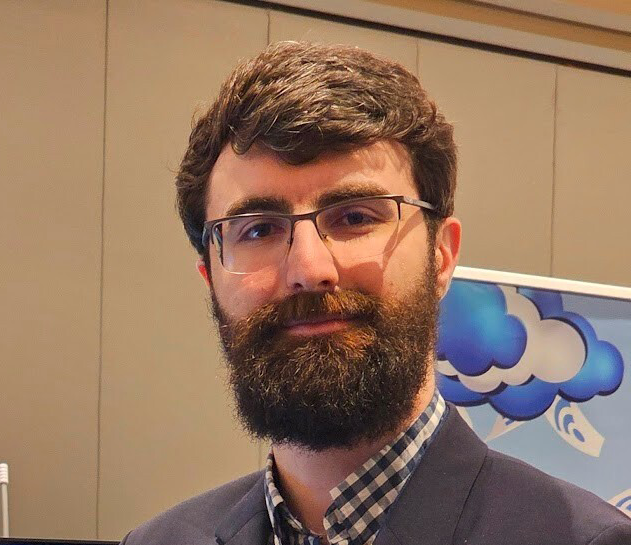
Dr. Petrut Bogdan is Neuromorphic Architect at Innatera Nanosystems where he focuses on Hardware-Software co-design, product development and system architecture. He currently co-chairs the Neuromorphic Working Group of the EDGE AI Foundation, aiming to address grand challenges within neuromorphic computing by bringing together industrial and academic experts and offering long term support to open developments. Dr. Bogdan holds a BSc and PhD from the Department of Computer Science at the University of Manchester, UK. His research focused on bio-inspired learning and real-time modelling of very large-scale spiking neural networks modelled on the SpiNNaker 1 million ARM core brain-inspired computer.
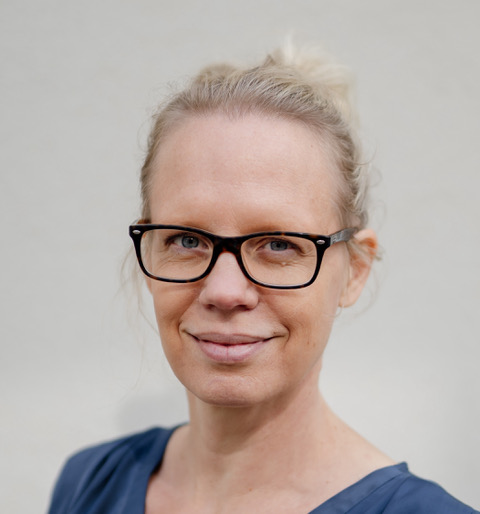
After her PhD in mathematics, Rachel Brouwer worked at the department of Psychiatry, University Medical Center Utrecht where she studied the brain development and brain changes in disease, using genetically informative longitudinal brain imaging data. She is co-lead of the ENIGMA plasticity working group, an international collaboration to study the genetic architecture of longitudinal changes of brain structural measures. Currently she works as a researcher at the department of Complex Trait Genetics, Vrije Universiteit Amsterdam.

Shubo Chakrabarti is a systems neuroscientist by training. He earned his Master’s at King’s College London and PhD at Penn State University, then held an Alexander von Humboldt fellowship at the German Primate Center before becoming a Principal Investigator at the University Hospital Tübingen, where he studied state estimation in sensorimotor circuits. In 2020, he transitioned to industry and joined MathWorks, where he drives MATLAB adoption across European and African research infrastructures and leads a team supporting major research institutions in Central Europe.
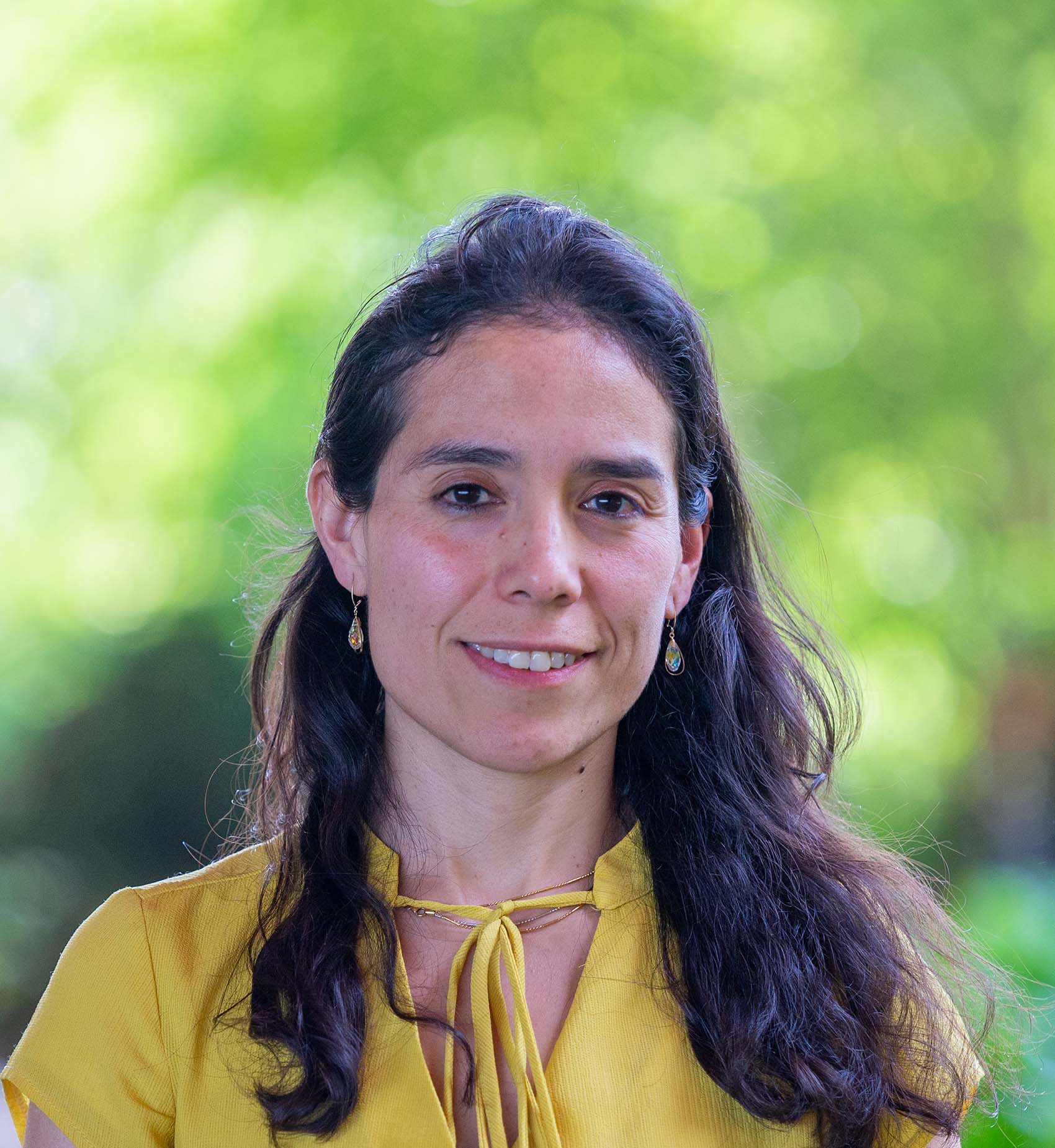
Dr. Cabrera is the Dorothy Foehr Huck and J. Lloyd Huck Chair in Neuroethics. She is an Associate Professor of Engineering Science and Mechanics, and Philosophy at Penn State University. She is Senior Research Associate at the Rock Ethics Institute, and affiliated with the Center for Neural Engineering. Dr. Cabrera is chair of the P7700 -Recommended Practice for the Responsible Design and Development of Neurotechnologies - Standard Development Group, past chair of the IEEE Brain Neuroethics Subcommittee, and member of the International Neuroethics Society (INS) Board of Directors. She is a Senior IEEE Member. Dr. Cabrera's interests focus on the ethical, societal and cultural implications of the design, development and use of neurotechnologies and other disruptive technologies.

Winner of the 2019 Queen Elizabeth Competition, praised for her "silken grace" (The Strad). She has performed with top orchestras worldwide and debuts this season with the Vancouver, Cincinnati, and Antwerp Symphonies. Faculty at Juilliard and Shenandoah Conservatory, she performs on the 1720 "General Kyd" Stradivarius.

Hervé Chneiweiss is a neurologist and neuroscientist, MD-PhD, Emeritus Research Director (CNRS) at the Centre for Neuroscience Sorbonne University and neuro-oncologist at hosp. La Salpétrière (AP-HP). Trained as a neurologist (movement disorders, neurogenetics and then brain tumors), his scientific work was dedicated to the plasticity of astrocytes and for the last 20-y their roles in brain tumor origin, progression and treatment resistance, identifying new metabolic drivers and therapeutic avenues. He has authored more than 200 academic papers. He is also involved in bioethics, presently chair Inserm Ethics Committee, EMBL Ethics Board, EBRAINS Science and Society and ARRIGE, past-chair of UNESCO International Bioethics Committee, former member French National Ethics Committee (CCNE), WHO advisory committee on developing global standards for governance and oversight of human genome editing, expert for OECD for neurotechnology. He wrote several books or chapters on bioethics of human embryos, stem cells, genetics and neuroscience.

Distinguished Professor at the University of Houston and Director of the NSF BRAIN Center, Fellow of IEEE and AIMBE for pioneering work in brain-machine interfaces and art-evoked brain activity. He leads research at the intersection of art, science, and neurotechnology, developing personalized arts prescriptions for health. His work has been featured at the Smithsonian, Menil Collection, MARCO Museum (Monterrey, MX), UN AI for Good Summit, Mapping Science and The Economist.

Professor and Chair of Neurology at the University of Padova, and Emeritus Professor at Washington University in Saint Louis, is a neurologist interested in the organization of the brain, cognition, and neurological recovery following injuries. Corbetta has identified two brain networks associated with healthy attention and has provide a pathophysiological model of spatial neglect. He has also contributed in elucidating the functional organization of brain networks at rest employing a combination of fMRI, electroencephalography (EEG), and magnetoencephalography (MEG). Finally, Corbetta has shown that focal brain injuries can lead to widespread functional brain network abnormalities, which in turn explain behavioral deficits and recovery processes. He was Founding Director of the Padova Neuroscience Center, a multidisciplinary research center dedicated to Systems, Computational, and Circuit Neuroscience, and Principal Investigator at the Veneto Institute of Molecular Medicine. He is a Highly Cited Researcher by Clarivate, and member of the Academia dei Lincei. He serves as coordinator of the ERC Synergy project NEMESIS aimed at understanding the circuit mechanisms of stroke and their modulation through non-invasive stimulation, and he will coordinate clinical neuroscience research in EBRAINS.
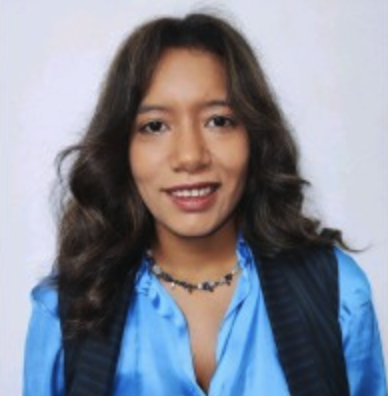
Astrid Correa is a mathematician and postdoctoral researcher at the Institute of Biophysics, CNR (Palermo), working within the EBRAINS and Human Brain Project frameworks. Her research integrates mathematical modeling, data science, and computational neuroscience to investigate emergent dynamics in neuronal networks—particularly theta–gamma coupling in hippocampal circuits. She earned her PhD in Applied Mathematics from the University of L’Aquila, focusing on synchronization in complex systems. Passionate about programming, AI, and interdisciplinary collaboration, she aims to bridge theory and simulation to uncover the computational principles underlying brain function.

Renqing Cuomao is a master’s student in Computer Science at EPFL, focusing on multilingual data quality enhancement for large-scale language model pretraining. As a Google Summer of Code contributor with INCF and EBRAINS, she is developing BIDS2EBRAINS, a modular tool that automates the registration of BIDS-compliant neuroimaging datasets into the EBRAINS Knowledge Graph, advancing metadata standardization and FAIR data integration in neuroscience. Originally from Tibet, she is passionate about equitable AI, with a focus on metadata curation and language technologies for low-resource communities.
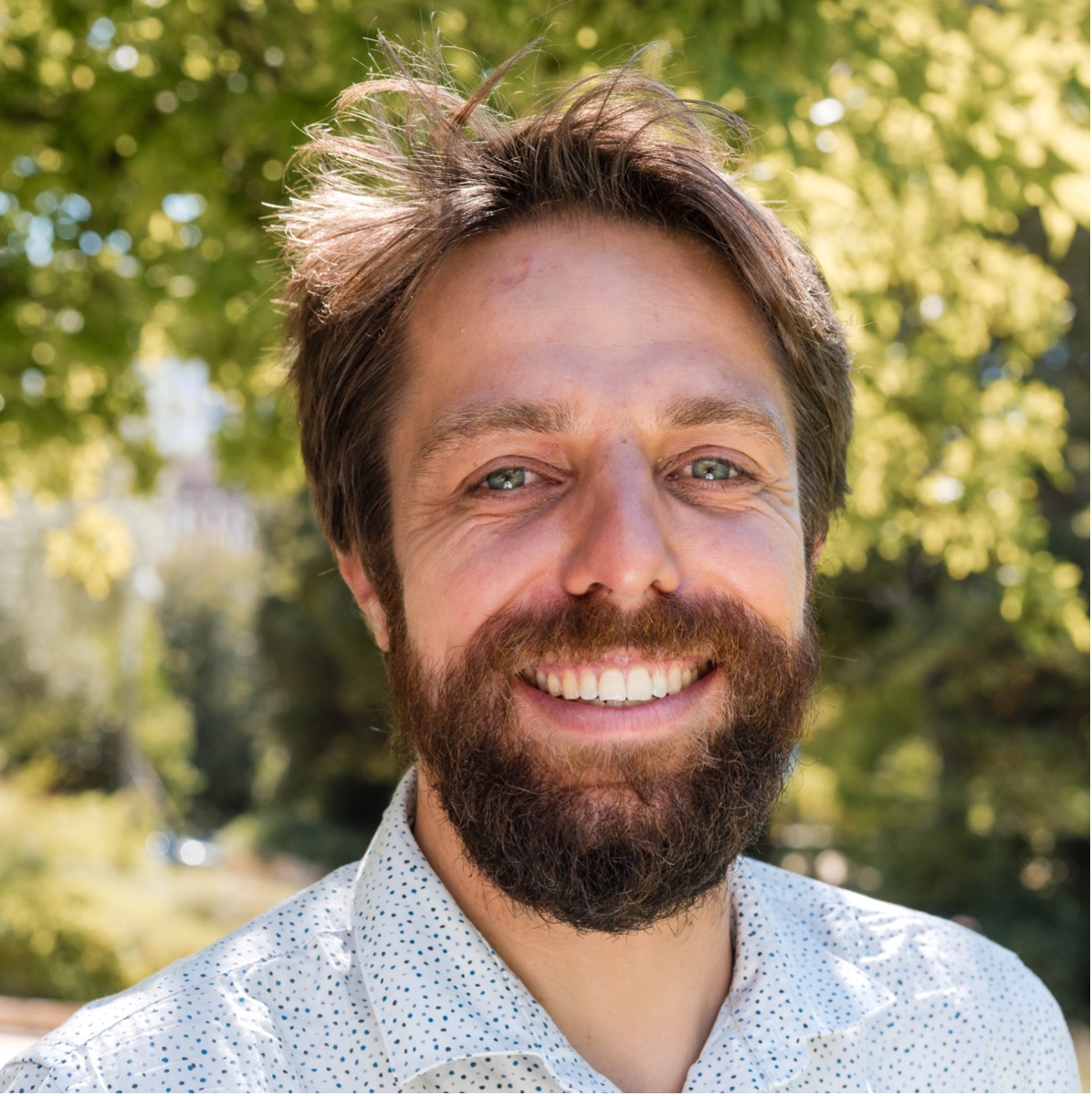
With an academic background in physics and life sciences, Damien Depannemaecker completed his PhD in neuroscience on computational models of neural dynamics. He is now based at the Institut de Neurosciences des Systèmes in Aix-Marseille, where he develops multiscale models integrating cellular mechanisms, mean-field population dynamics, and whole-brain simulations to study healthy and pathological brain dynamics, as well as patient trajectories in neurological and psychiatric disorders. His work combines dynamical-systems approaches with data-driven analyses and involves close collaboration with biologists and clinicians. He also contributes to EBRAINS training programmes and to the development of open modelling workflows.
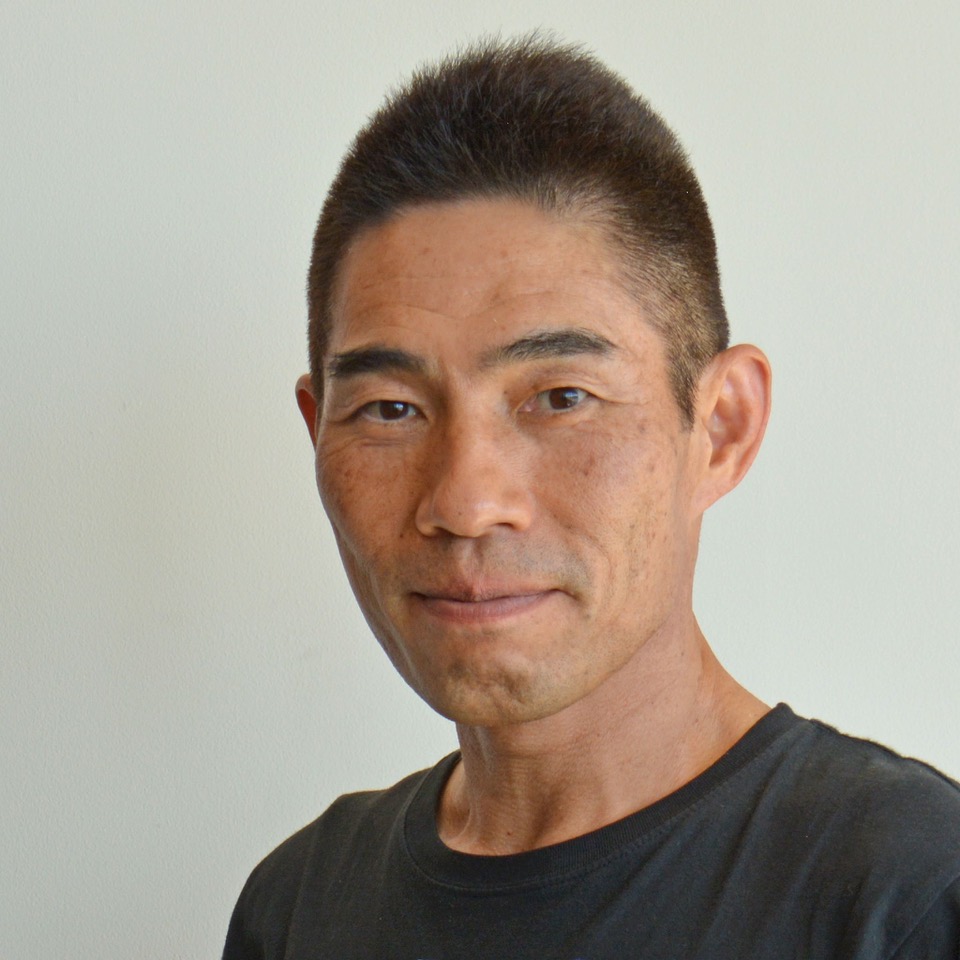
Kenji Doya is a Professor of Neural Computation Unit, Okinawa Institute of Science and Technology Graduate University (OIST). He studies reinforcement learning and probabilistic inference, and how they are realized in the brain. He took his PhD in 1991 at the University of Tokyo, worked as a postdoc at U. C. San Diego and the Salk Institute, and joined Advanced Telecommunications Research International (ATR) in 1994. In 2004, he was appointed as a Principal Investigator of the OIST Initial Research Project and as OIST established itself as a Graduate University in 2011, he became a Professor and served as the Vice Provost for Research till 2014. He served as Co-Editor in Chief of Neural Networks from 2008 to 2021, President of Japanese Neural Network Society (JNNS) from 2023 to 2024, and General Chair of Neuro2022 and ICONIP2025 in Okinawa. He received INNS Donald O. Hebb Award in 2018, JNNS Academic Award and APNNS Outstanding Achievement Award in 2019, and finished Ironman World Championship 2024 in Kona, Hawaii.
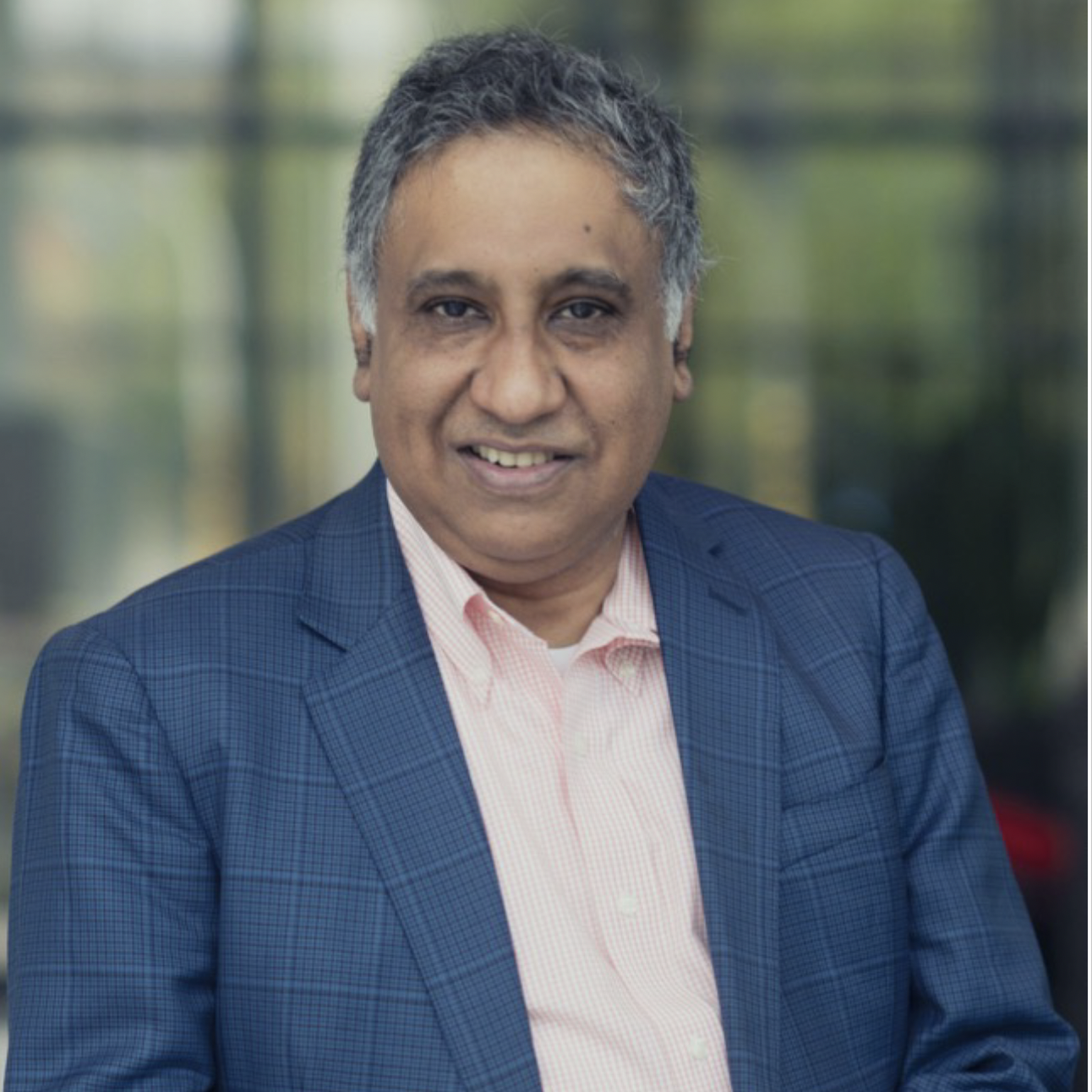
Barun Dutta is the Chief Scientist of IMEC, Leuven, Belgium IMEC is a R&D hub for nano-electronics and digital technologies has established itself as the world leader over the last 30 years in nano-electronics and system technology R&D and pioneered a novel and unique collaborative model that encompasses the entire semiconductor value chain that combines global talent and world class infrastructure Barun has been the Chief Scientist of IMEC since 2010, Where he leads and has lead various R&D programs across the semiconductor R&D eco-systems, from new materials and devices technology to life science tech and neurotech programs From 2000-2012 he was venture capitalist and General Partner at Sevin Rosen-Alta Berkeley and incubated, co-founded and invested in 16 successful semiconductor and system technology companies. His early career at Bell-labs and TI and was first customer/assignee at IMEC in 1994.

Valentina Emiliani is CNRS Research Director at the Vision Institute in Paris, where she leads the Photonics Department and the Wave Front Engineering Microscopy group. She pioneered wave front shaping for all-optical brain manipulation, introducing spatiotemporal methods such as computer-generated holography, generalized phase contrast, and temporal focusing. Her group combined these approaches with optogenetics to control hundreds of neurons with cellular resolution and millisecond precision. They further developed holographic endoscopy for simultaneous photostimulation and imaging in freely moving animals and extended these methods to two-photon voltage imaging. Her current research advances optical technologies to probe functional connectivity and signal processing in mouse and non-human primate visual pathways, while also developing strategies for vision restoration in humans. She has received multiple Brain Initiative research grants and an ERC Advanced Grant (2021).
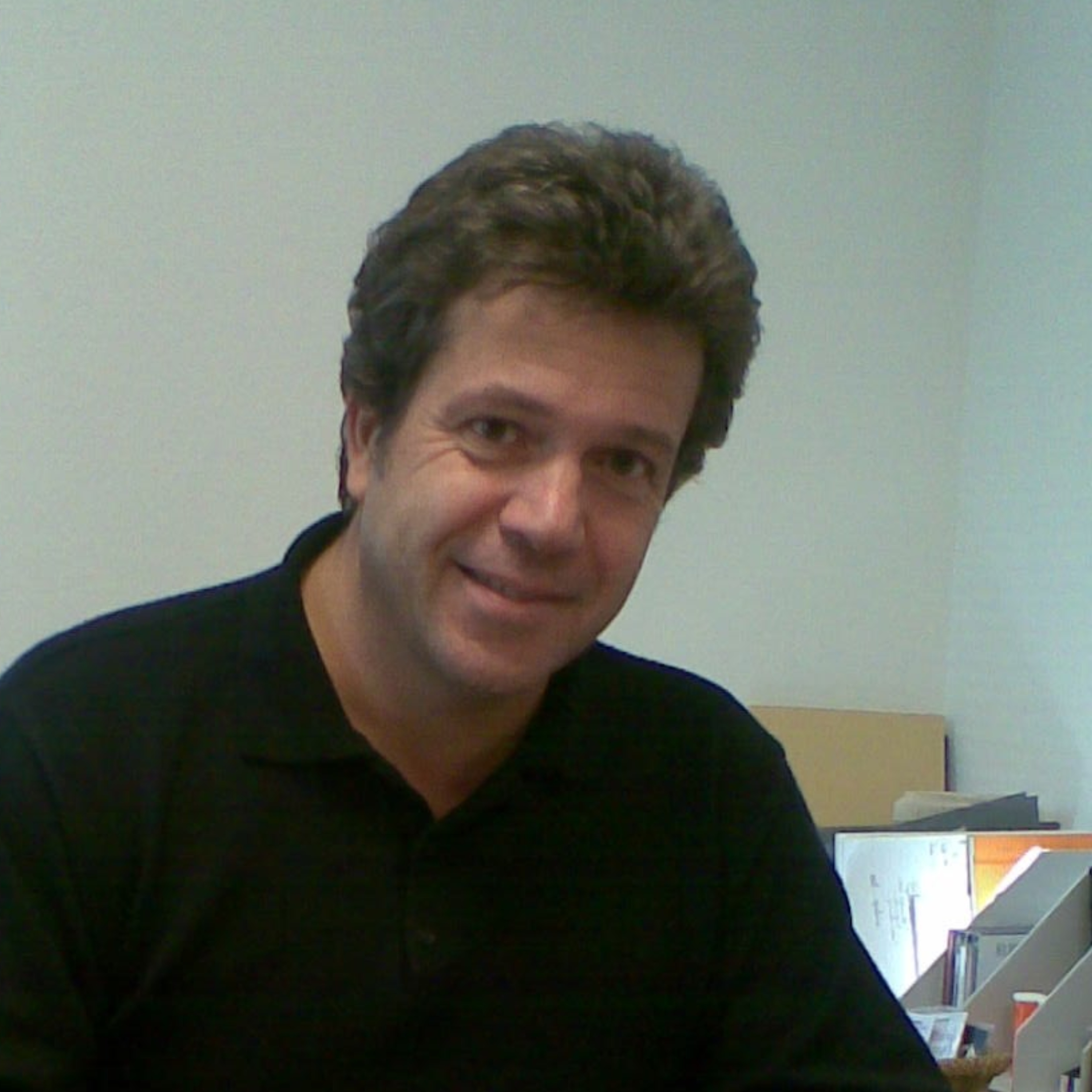
After initially studying law (Master's degree in business law), and completed his education with degrees in strategic marketing (ISG and ESSEC) and modern languages, Jean-Marc FERRIER has spent his entire career in the medical device industry. He spent the first twenty years of his career working for multinational medtech companies, including 12 years at ZIMMER, the world leader in orthopedics, where he held executive management and international strategic marketing positions. In 2005, he left the world of multinational companies to join the world of innovation, startups, and public-private partnerships. In 2005, he and three partners founded GRAFTYS, a company that develops implantable bone tissue engineering products that are marketed worldwide, particularly in the US market. After leaving GRAFTYS in 2017, he began supporting innovative companies in southeastern France through his consulting firm, UPSTREAM, which allowed him to become more involved in the regional innovation ecosystem and strengthen his ties with the regional TTO of Aix-Marseille University (SATT Sud-Est). It was in this context that he met Viktor JIRSA at the end of 2019 and was asked to take charge of the project to commercialize the virtual brain technology invented by Viktor JIRSA through the creation of a startup. VB-Tech was founded in August 2021 by Viktor JIRSA (main shareholder and CSO) and Jean-Marc FERRIER (CEO) and is currently in a fundraising phase to accelerate market access for the first technologies developed by the company.
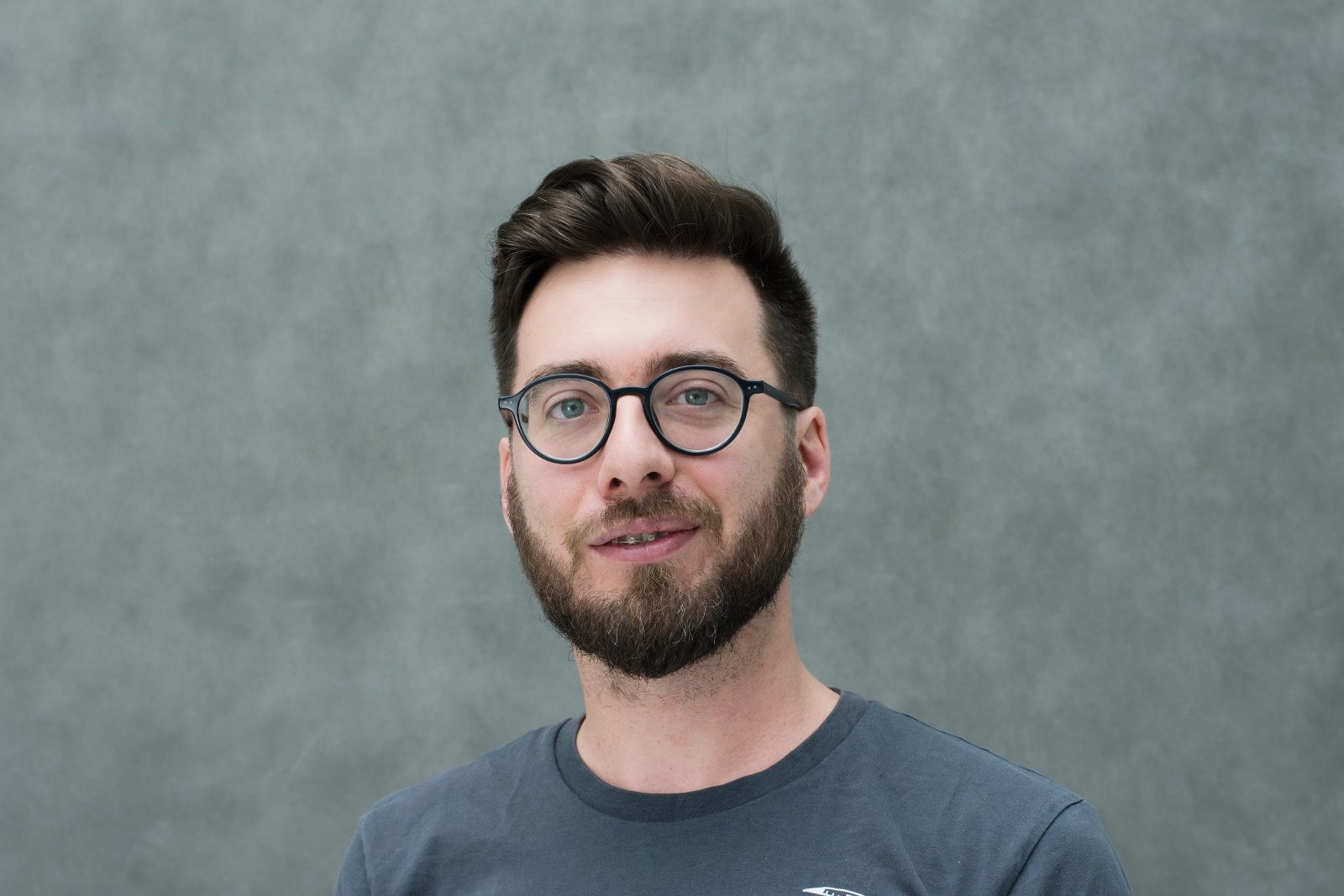
Jan Fousek is a computational neuroscientist in the Applied Neuroscience research group at CEITEC Masaryk University. His work involves developing and applying computational models and non-invasive brain stimulation protocols in the context of healthy aging and neurodegenerative diseases. Currently he focuses on creating personalized virtual brain models for individuals with dementia with Lewy Bodies, aiming to better understand the underlying mechanisms linking the changes in cognitive performance to disease progression.
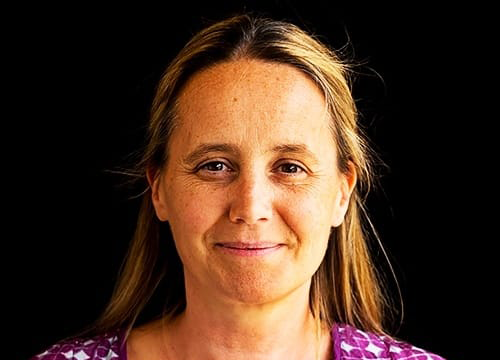
Manuela Filippa, PhD, is a researcher and lecturer at the University of Geneva. She explores how music, emotions, and synchrony shape human development and connection, from neonatal care to learning contexts. Her award-winning research on music and preterm infants has gained international recognition and visibility, including in National Geographic. Through her teaching, research, and outreach, she bridges music, science, and care, showing how musicality and emotional attunement can foster connection and resilience across the lifespan.
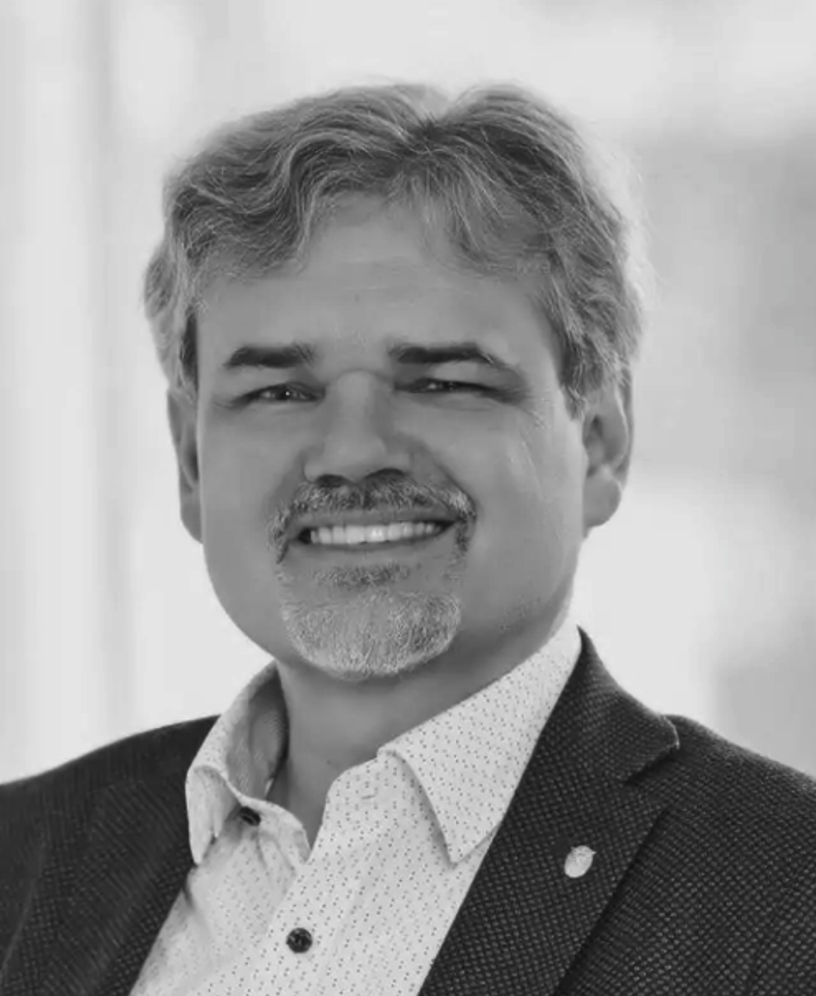
Rainer Goebel is a German psychologist and neuroscientist, whose aim is a deeper understanding of how neuronal activity distributed in the brain leads to unified conscious precepts and mental images in our mind. He also develops innovative fMRI neurofeedback brain-computer interfaces where participants learn to regulate their own brain activity in emotion-specific brain regions with beneficial results for several psychiatric and neurological disorders To identify the basis of mental processes, he primarily uses high‐resolution functional magnetic resonance imaging (fMRI) and brain-inspired neural network modelling.

Emma is Director of Development at Invest in Open Infrastructure (IOI), a nonprofit working to strengthen adoption and investment in the open infrastructure that supports research and scholarship. She provides strategic coaching and advisory services to open infrastructure organizations on financial planning, business development, product-market fit, and organizational sustainability. She facilitates cross-sector dialogues to strengthen the ecosystem, convening publishers, tech companies, funders, and mission-driven organizations to find common ground and explore how different stakeholders can collaborate. Emma's background spans conservation genetics, marine biology and commercial organic farming, plus over 26 years in STM publishing at Nature Publishing Group, Delta Think, Hindawi, and Wiley. She is a competitive swimmer, often found in the pool and subsequently eating carbohydrates.

Dr. Greve is an Associate Professor at Harvard Medical School and Massachusetts General Hospital Martinos Center. He has been developing neuroimaging analysis software for the last 27 years. He is one of the primary developers of FreeSurfer, a widely used comprehensive suite of software tools for analysis of structural MRI, fMRI, MRSI, DTI, and PET images of the brain.

Dr. Yaroslav O. Halchenko is a Research Professor in Dartmouth College’s Department of Psychological and Brain Sciences, where he leads the Center for Open Neuroscience. His work focuses on advancing open software, data, and community-driven standards to accelerate efficiency, reproducibility, and data sharing in neuroscience and beyond. Dr. Halchenko has led or co-developed several widely used research infrastructure projects, including PyMVPA, NeuroDebian, DataLad, and HeuDiConv/ReproIn. Together with Satrajit Ghosh (MIT), he co-leads the BRAIN Initiative–funded DANDI Archive, which now provides open access to more than 800 TB of neurophysiology data. He also contributes to the development and interoperability of other large-scale data repositories, including OpenNeuro and EMBER, helping ensure that data and tools flow across initiatives rather than remain siloed. A strong advocate for standards as the “common language” for scientists and computers, Dr. Halchenko plays an active role in the development and governance of major neuroscience standards, including BIDS, NWB, and HED.
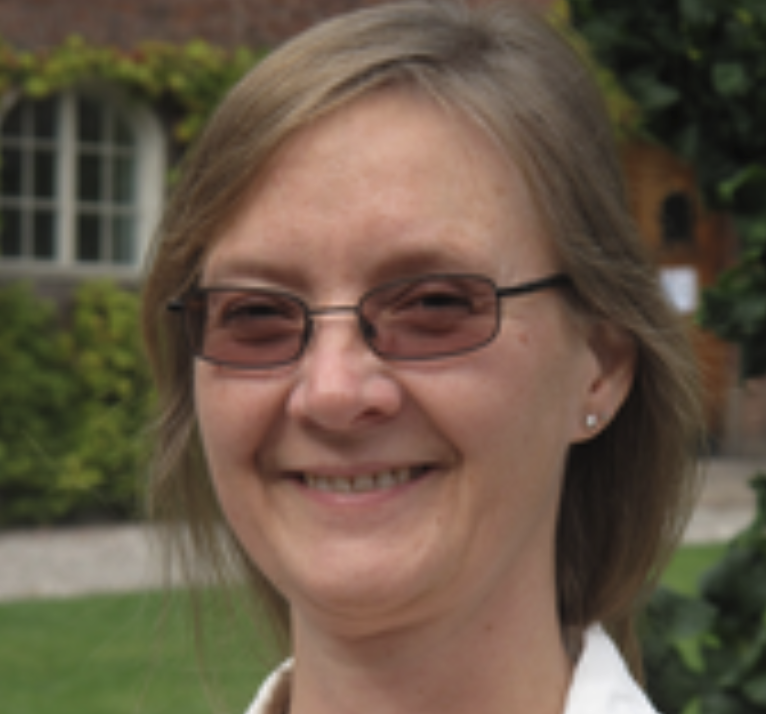
The main focus of Jeanette Hällgren Kotaleski’s research is the use of modeling and simulations to understand the neural mechanisms underlying information processing and learning in the brain. The research spans multiple biological scales, from large-scale simulations of cellular-level neural networks down to kinetic models—systems biology approaches—of molecular and cellular processes. Interdisciplinary collaborations with experimental laboratories, both nationally and internationally, have been and continue to be essential to this work.
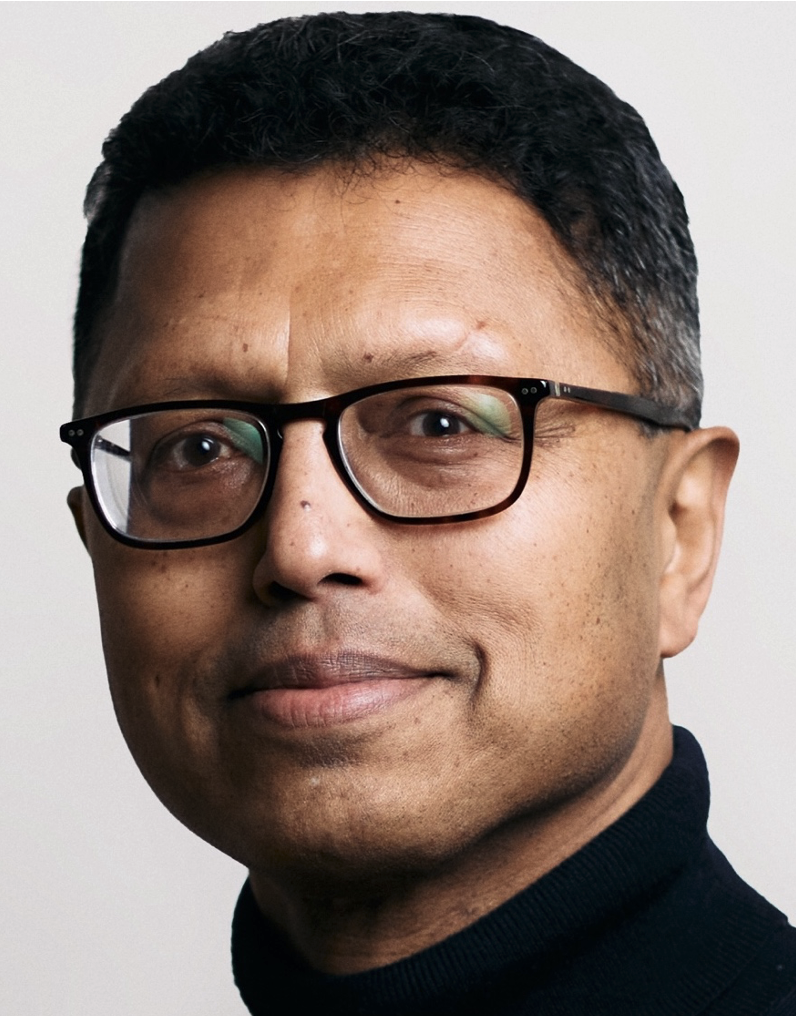
Masud Husain is Professor of Neurology & Cognitive Neuroscience at the University of Oxford and Editor-in-Chief of Brain. Masud studied Medicine at Oxford and was a Harkness postdoctoral Fellow at MIT. He subsequently held positions at Imperial College London and became Professor of Neurology at the Institute of Neurology, UCL and the National Hospital for Neurology & Neurosurgery London, and Deputy Director of the Institute of Cognitive Neuroscience, UCL. He moved to Oxford in 2012, where he leads a research group which studies motivation, decision-making and memory in healthy people and patients with brain disorders.
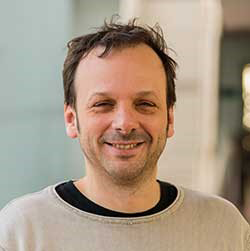
With a background in psychology and cognitive neuroscience, Florian Hutzler is Professor of Developmental Psychology and Neurocognition at the University of Salzburg and head of the Centre for Cognitive Neuroscience. His research focuses on normal and impaired visual word recognition and the neural foundations of reading and writing, combining methods such as fMRI, EEG, eye-tracking, and computational modelling. As head of the Austrian NeuroCloud, a national FAIR-enabling platform for neurocognitive research data, he works on ontology-based knowledge systems and scalable infrastructure for secure, interoperable data sharing. He also leads related initiatives such as the Digital Neuroscience Initiative and Salzburg Collaborative Computing, promoting open science and collaborative workflows.

Francis studied cognitive science and AI throughout his academic career, completing his doctoral work in computational modelling of neural information coding. With software and data engineering experience in academia and the industry, he supported the Ontario Brain Institute's effort to launch their Brain-CODE neuroscience research data platform in 2013. Francis has co-founded startups and continues to engage and support early-stage companies and research labs in their efforts to have a real-world impact. He's led data science initiatives in the clinical research setting including neuroscience, cardiovascular, and chronic pain. Today, Francis heads the newly formed Centre for Analytics at the Ontario Brain Institute to help advance skills, technologies, and translation of neuroanalytics into care. Over the past decade, he's engaged and published with collaborators on numerous projects building tools for data sharing and analysis via the Global Alliance for Genomics and Health (GA4GH), the International Rare Disease Research Consortium, the INCF, and others. He continues to pursue analytics research in areas such as health risk modelling, predictive systems, and federated learning.
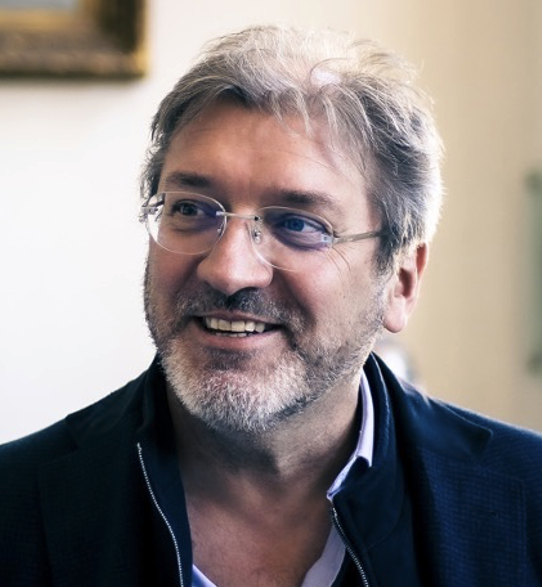
Viktor Jirsa is Chief Science Officer at the EBRAINS AISBL. He studied Theoretical Physics and Philosophy in Stuttgart, Germany, and is Director of Research at Centre National de la Recherche Scientifique (CNRS) and Director of the Inserm Institut de Neurosciences des Systèmes (INS) at Aix-Marseille University. Since the late 90s, Viktor Jirsa has made pioneering contributions to the understanding of how network structure constrains the emergence of functional dynamics using methods from nonlinear dynamic system theory and computational neuroscience. His work laid the theoretical basis for connectome-based brain modeling. During the Human Brain Project, he led the efforts in personalized brain modeling in epilepsy, ultimately contributing to the digital twin use in brain medicine. He has significant experience in coordinating national and international research consortia and organisations. Since 2005, he has been the leader of the brain simulation platform The Virtual Brain; during 2019-2024 he was scientific coordinator of the clinical trial EPINOV in epilepsy surgery; and since 2024 he coordinates the large European project Virtual Brain Twin to improve medication outcome in schizophrenia.

PD Dr. rer. medic. Christiane Jockwitz obtained her M.Sc. in Cognitive and Clinical Neuroscience (Neuropsychology) from Maastricht University, the Netherlands in 2011. Afterwards, she did her PhD at the Institute of Neuroscience and Medicine (INM-1), Research Center Jülich, Germany. In November 2023 she habilitated in Neuroscience at the Faculty of Medicine at Heinrich-Heine University Düsseldorf, Germany. Since September 2025 she became an interim professor for Brain Research at the Institute for Anatomy I at Heinrich-Heine University Düsseldorf, Germany. In her research PD Dr. Jockwitz investigates the structural and functional organization of the aging brain in relation to cognitive functions, especially during older ages. To this end, she conducts advanced predictive and multifactorial analyses in large, population-based cohort studies, including 1000BRAINS and the German National Cohort, to examine the demographic, lifestyle and health-related factors that influence brain ageing.
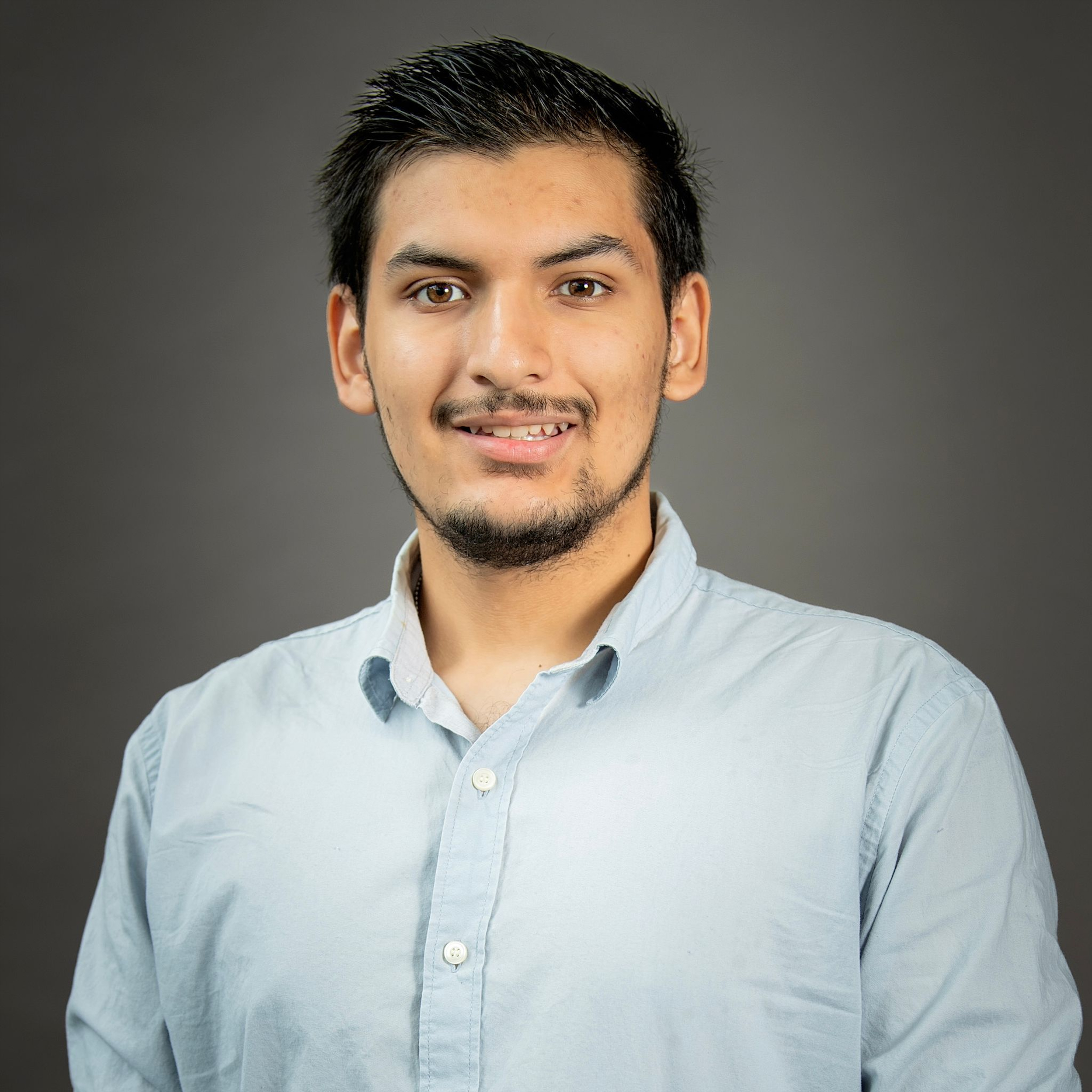
Yoshua E. Lima-Carmona is a Ph.D. student in Electrical Engineering at the University of Houston and a Graduate Research Assistant at the NSF IUCRC BRAIN Center. He also serves as President of the BRAIN-AccelNet Student Network, promoting interdisciplinary collaboration across neuroengineering, cognitive science, and the arts. His research explores the neural dynamics of artistic expression, such as acting, dance, and music, and the brain’s responses to multisensory natural environments for stress reduction. Specializing in Mobile Brain–Body Imaging (MoBI) and Hyperscanning, he applies advanced neural data acquisition and signal processing to study naturalistic human behavior and develop brain–body interface technologies. He has mentored students from high school to postbaccalaureate levels through NSF- and NIH-funded programs, fostering inclusive and hands-on research experiences. Yoshua has presented his work at the Society for Neuroscience and the Society for the Neuroscience of Creativity, and expanded his expertise at the Advanced Neural Data Analysis and Neuroinformatics School at Forschungszentrum Jülich, Germany. His interdisciplinary work bridges art, neuroscience, and technology to understand how embodied experiences shape brain function and well-being.

Marja-Leena Linne is a Finnish neuroscientist whose work focuses on neuron–glia interactions and the multiscale mechanisms of synaptic transmission, plasticity, and learning. She leads the Computational Neuroscience Group at Tampere University, where she integrates electrophysiology, biophysics/biochemistry, computational modeling, and machine learning to study brain function across scales. Linne has contributed to major European neuroscience infrastructures, including the Human Brain Project, and continues to support the development of EBRAINS through collaborative work on brain modelling, simulation, and tool development spanning single-cell to whole-brain scales. She has played a key role in advancing glioscience by creating computational methods and frameworks for studying neuron-astrocyte-vasculature communication. Linne is also the founder of the Baltic-Nordic Summer School in Neuroinformatics, which has trained more than 500 students and strengthened the regional neuroscience community.

Dr. hab. Piotr Majka is an assistant professor at the Laboratory of Neuroinformatics at the Nencki Institute of Experimental Biology in Warsaw. His research investigates how the intricate microscopic structure of the brain's connectivity network translates into perception, behavior, and specific actions by integrating computational neuroanatomy, multiscale data analysis, high-throughput imaging, classical neuroanatomy, and neurophysiology. With over 15 years of experience, Dr. hab. Majka has developed multimodal 3D brain atlases, advanced multimodal image registration techniques, and neuroinformatics platforms. His interdisciplinary work has resulted in the most comprehensive cortico-cortical connectome of any non-human primate brain to date. These contributions earned him recognition from the Polish Prime Minister for outstanding scientific achievements in 2024 and 2025 Edward Flatau Award for his significant contributions to neuroanatomy.
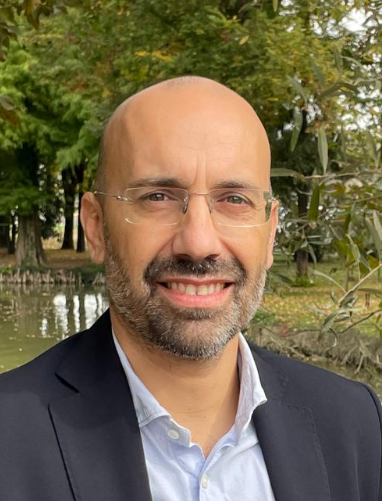
Jonathan Mapelli is an Associate Professor of Physiology at the University of Modena and Reggio Emilia, Italy. He holds an M.Sc. in Physics from the University of Milan and a Ph.D. in Physiology from the University of Pavia. His research focuses on neural computation, with particular interest in the mechanisms of neurotransmission and synaptic plasticity. He currently leads the Neuromorphic Intelligence Lab, where multimodal computational and experimental approaches, including non-linear optical imaging and high-density microelectrode arrays are used to investigate brain network dynamics.

Maryann Martone is professor emerita at the University of California, San Diego and maintains an active laboratory, the FAIR Data Informatics Lab. She started her career as a neuroanatomist, specializing in light and electron microscopy, but her main research for the past 20 years focused on informatics for neuroscience, i.e., neuroinformatics. She led the Neuroscience Information Framework, a national project to establish a uniform resource description framework for neuroscience, and the NIDDK Information Network (dkNET), a portal for connecting researchers in digestive, kidney and metabolic disease to data, tools and materials.
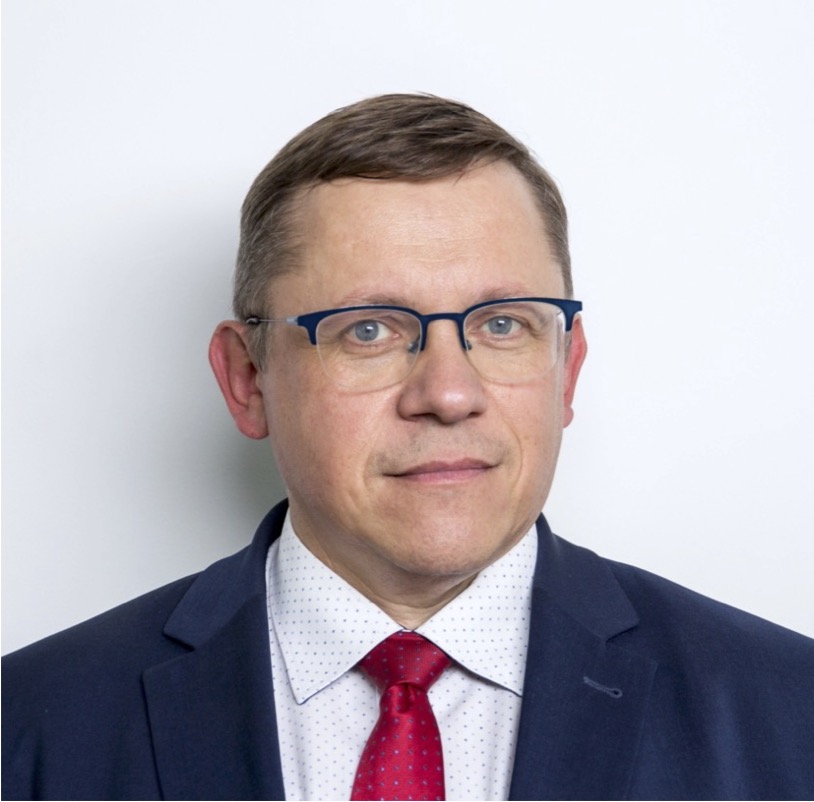
Dr. Cezary Mazurek, Computer Scientist, his professional activity has been associated with the development of the Poznan Supercomputing and Networking Center (PCSS) since its establishment in 1993. He served as CEO of PCSS from 2019 to 2024 and at that time he successfully brought it onto the path of developing infrastructure and applications of quantum computing and AI, and is now continuing this thread with a focus on applications in Life Sciences and Personalized Medicine. For over 30 years, he has been involved in the development of Polish and European e-infrastructure for science and is currently one of the most experienced leaders in R&D projects, many of which he has successfully implemented in practice. To date, he has led development of more than 40 national and international R&D projects. His R&D work has focused on integrating various specialized software components into consistent systems for digital science with emphasis on software governance.
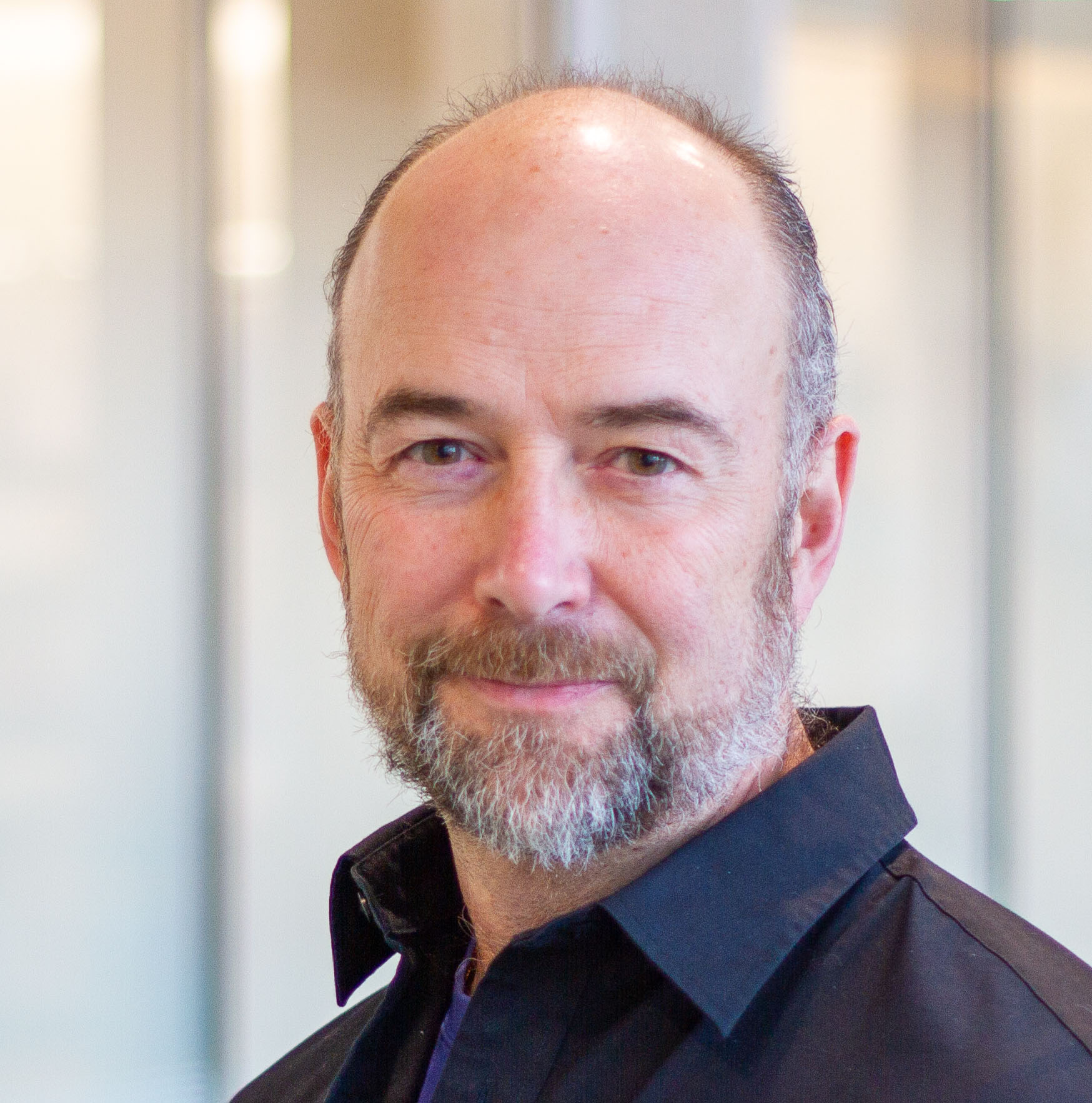
I hold a PhD in psychology and neuroscience, with a strong background in statistics and brain network modeling. My research began at the Rotman Research Institute at the University of Toronto, where I developed a deep interest in aging and cognition. Over the years, I’ve led international collaborations that resulted in The Virtual Brain (thevirtualbrain.org), a globally adopted platform for simulating large-scale brain dynamics using personalized data. I’ve joined Simon Fraser University in 2022, where I serve as Director of the Institute for Neuroscience and Neurotechnology. My vision is to bridge neuroscience research with real-world impact by pursuing two key goals: (1) integrating personalized brain modeling into clinical decision-making, and (2) creating a cloud-based platform that makes these tools accessible for research, education, and clinical use. I’m particularly focused on building interdisciplinary and community-engaged approaches to improve brain health across the lifespan.
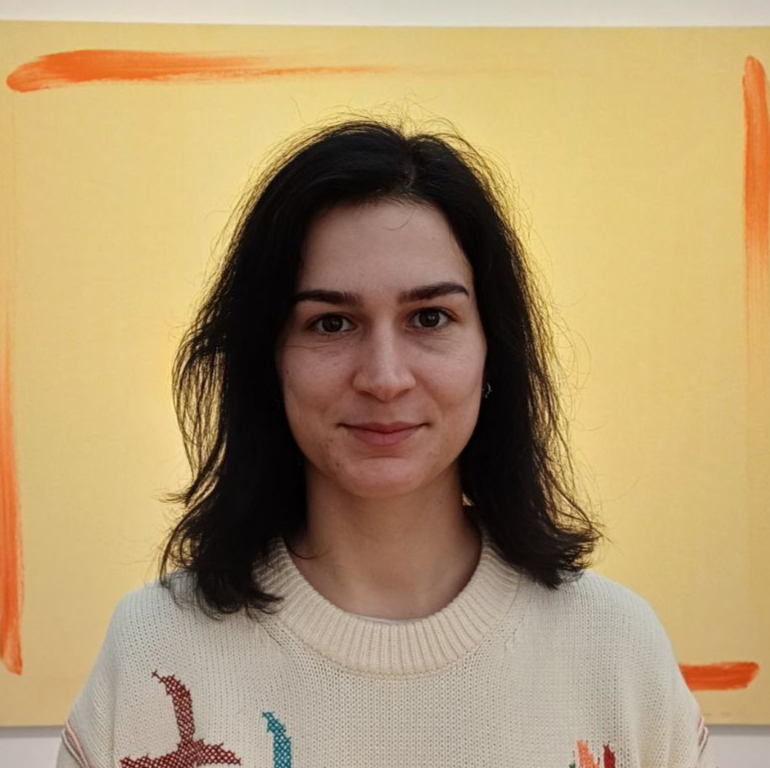
Monica Paoletti is a PhD student in Cognitive Neuroscience at SISSA. She completed both her BSc and MSc in Mathematics at the University of Turin, where she specialized in probability and statistics, information theory, dynamical systems, algorithms, and statistical physics. Her doctoral research focuses on modeling the behavior of humans and rats in sequential decision-making tasks within the framework of Bayesian Inference. As a Google Summer of Code contributor with INCF and EBRAINS, she is developing methods to transition from simulation-based inference to Bayesian inference for Virtual Brain models, with a particular focus on the Montbriò model.
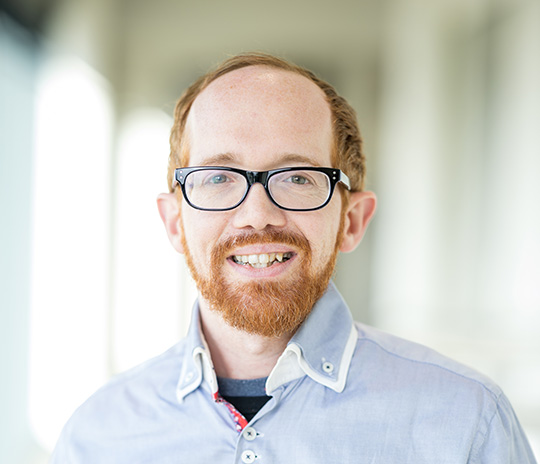
Johannes Passecker is a tenure-track Assistant Professor for Systems Neuroscience at the Medical University Innsbruck, Austria and Co-founder of TiliaHealth. He is General Secretary of the Austrian Neuroscience Association, active in a number of committees to advance neuroscience education and teaches himself at the crossroads of neuroscience and Digital Medicine

Nigel P. Pedersen, MBBS, FAES, FANA is Vice Chair of Research and Associate Professor at the Department of Neurology, University of California at Davis. His specialties are Neurology, Epilepsy and Neurophysiology. His laboratory uses a variety of techniques to research large scale neural networks in the context of epilepsy, sleep and cognition in our valued patient volunteers and preclinical models. Particular interests are the circuit mechanisms of sleep-wake and epilepsy interaction, the sleep-exacerbated cognitive comorbidities of epilepsy, and the neural circuits of memory in our human volunteers. Dr. Pedersen studied cognitive science and neuroscience at Flinders University, then undertook medical studies at the University of Sydney, both in Australia. He then completed post-doctoral training at Beth Israel Deaconess Medical Center (BIDMC) and Harvard Medical School (HMS), studying the neurobiology of sleep and wakefulness. This was followed by an Internship and Residency at BIDMC and Boston Children's Hospital. Dr. Pedersen then undertook research training at BIDMC while completing clinical neurophysiology, epilepsy, and epilepsy and neurobiology fellowships at Massachusetts General Hospital. He has served on the faculty at BIDMC/HMS, and Emory University, where he remains as adjunct faculty, before joining the University of California as an epileptologist, laboratory director, and vice chair of research.
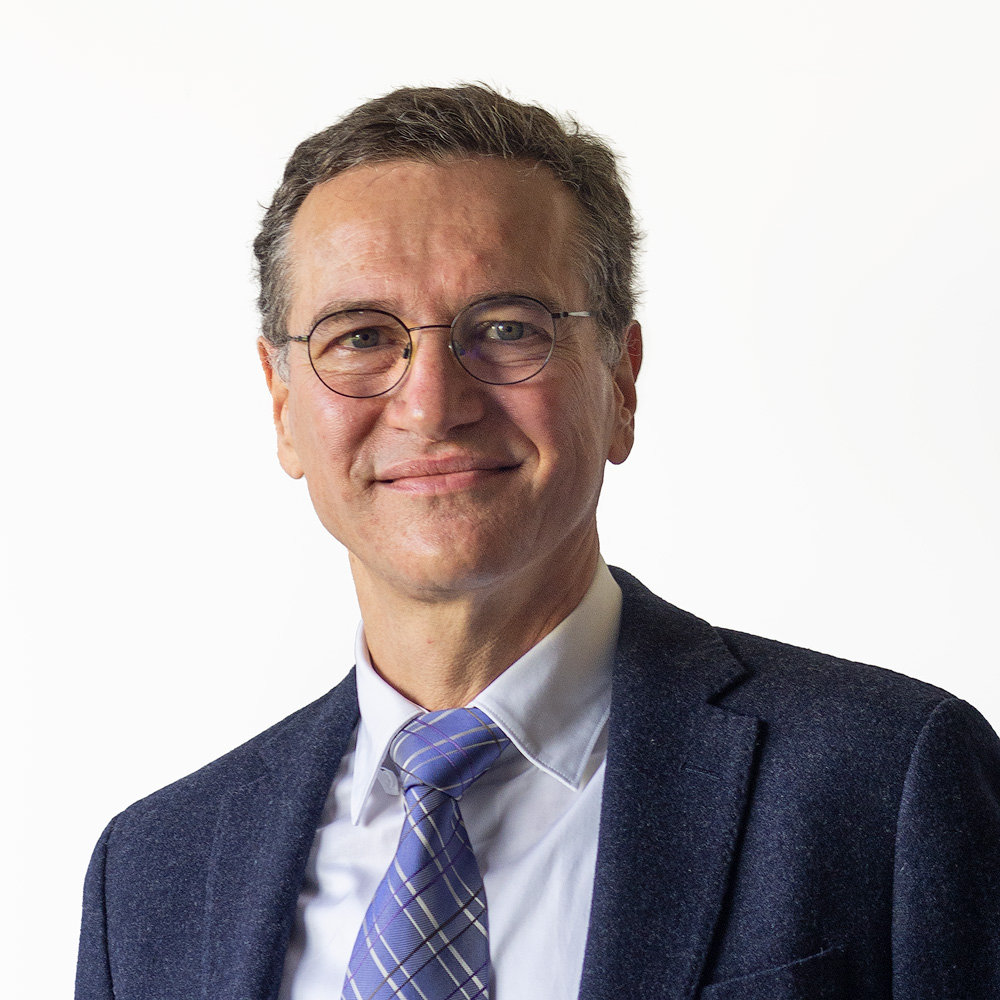
Pavone is author of about 270 international papers and editor of international books. He has about 150 invited talks and he is editor of several international journals. He is unit coordinator of International, European and national projects and obtained an Advanced Grant of the European Research Council (ERC BrainBIT, 2016-2021), an associated ERC Proof-Of-Concept (POC), and a NIH grant in the framework of the Brain Initiative (NIH BICCN U01MH117023, 2018-2023). He is the Italian node leader of the infrastructure EBRAINS and the Italian delegate in the Board of Directors of the infrastructure EurobioImaging. He has organised several international congresses. He is in the evaluation panel of the European Research Council (PE3) and the DFG (Germany), fellow of SPIE, AIMBE and OSA. He has been awarded with the Fermi Prize in 2024. Finally, Pavone is founder of companies Light4tech (ww.l4t.it) in 2005 and Emoled (www.emoled.com) in 2016, NSight Dynamics srl in 2025 and author of several patents.
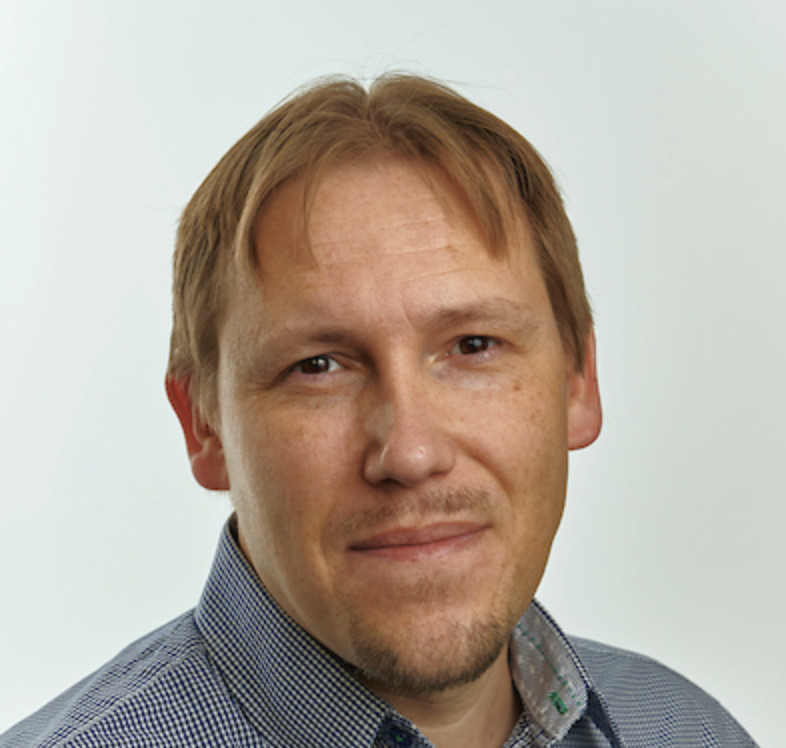
Dr. Pernet is a senior scientist with interested in open science (data sharing with OpenNeuroPET; data standards with BIDS; best practices with the OHBM COBIDAS; practical ethics with the Open Brain Consent), and neuroimaging methods (preprocessing pipelines, QC, statistics) for clinical applications (brain tumours, dementia). Dr Pernet obtained a PhD in Cognitive Neuropsychology from the University of Toulouse III in France in 2004. He was then working with Prof. JF Demonet and Dr P Celsis on neurodevelopmental disorders using MRI, functional MRI and EEG. He next obtained a post-doc fellowship from the Fyssen Foundation to work in Finland with Prof. R. Salmelin on reading using MEG. He moved to the UK in 2006, working in Glasgow with Prof. B. Belin as post-doc research assistant, working on auditory (voice) processing using fMRI and EEG. He joined the Brain Research Imaging Center, Edinburgh in 2007, as fMRI lead for SINAPSE (Scottish Imaging Network A Platform for Scientific Excellence) and became Senior Research Fellow & functional imaging scientific leader for Edinburgh Imaging in 2015. In 2021, he joined the Neurobiology Research Unit in Copenhagen, coordinating the development of OpenNeuroPET.
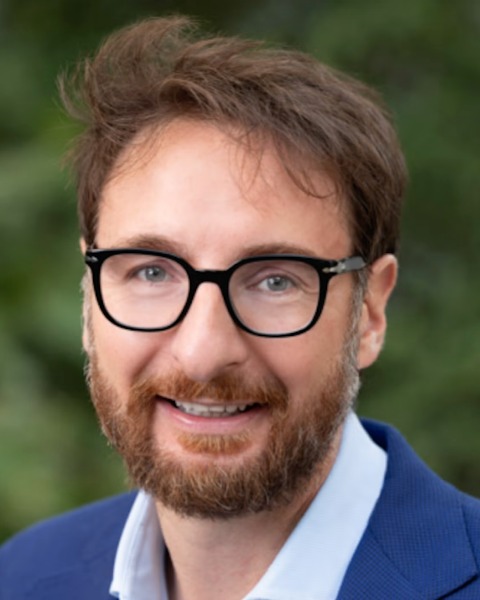
Franco earned his Ph.D. from New York University and completed postdoctoral training at Columbia and Stanford University. He is the Founder and Director of brainlife.io, a public platform for data management and analysis, and the Principal Investigator of the NIH BRAIN CONNECTS Data Coordination Center (brain-connects.org). He also leads the international BRIDGE initiative on data governance and sharing (braindatagovernance.org). His research integrates neuroscience, psychology, computer science, and data science, with expertise in brain connectivity, neuroinformatics, large-scale data integration, and AI-driven research infrastructure.
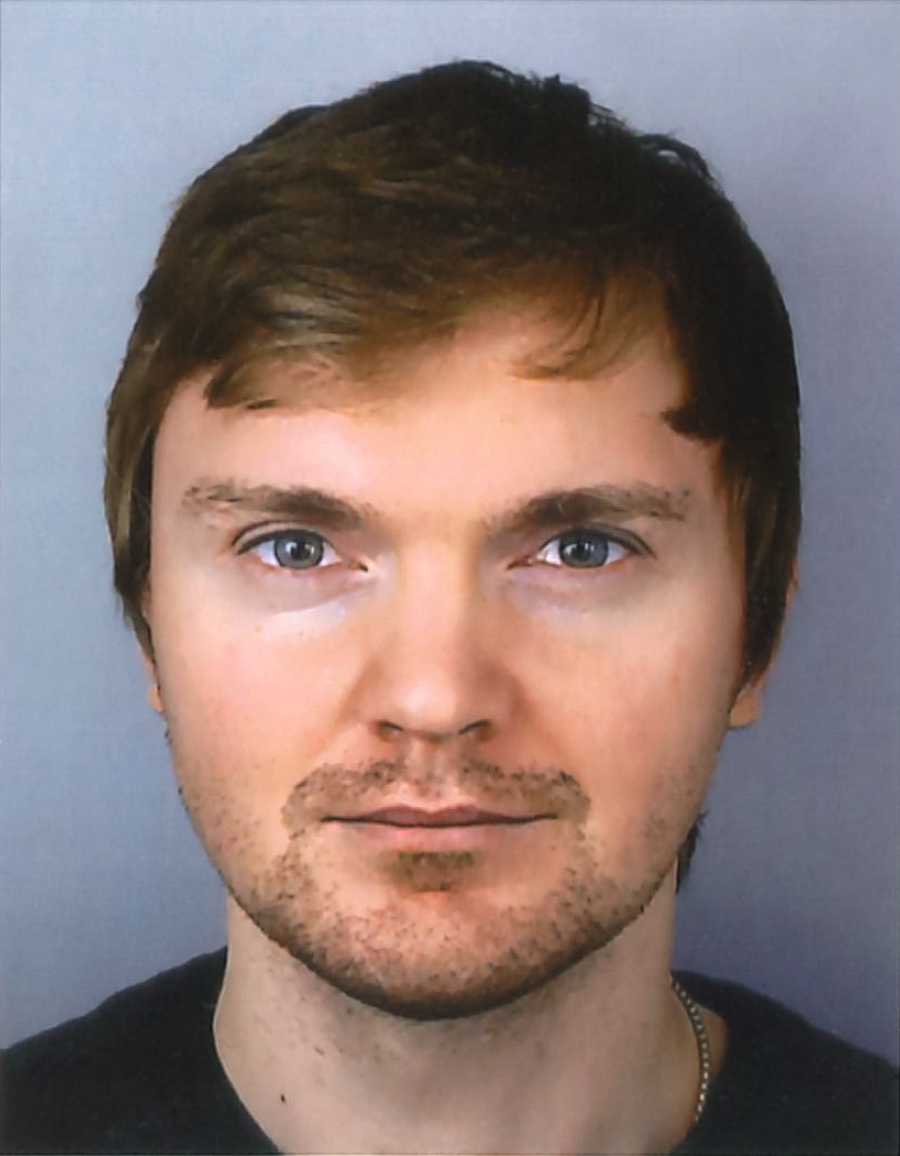
Having worked in several fields that are marked by emergent phenomena arising from complex interactions, from high-multiplicity particle collisions to ultracold glasses and, ultimately, biological and artificial neuronal systems, it is this science of complexity that continues to intrigue and inspire me. Following my Diploma studies and PhD at the University of Heidelberg, I moved to the University of Bern, where I am now leading the Neuro-inspired Theory, Modeling and Applications (NeuroTMA) Lab. I believe there is much to learn from brains about cognition, but taking steps beyond biology may well be warranted when building physical substrates for artificial intelligence – there are good reasons for airplanes not to flap their wings. Therefore, in our group, we combine knowledge and methods from a variety of fields - neuroscience, mathematics, physics, machine learning and microelectronics - to understand biological intelligence and extract its key features for subsequent implementation in silico.
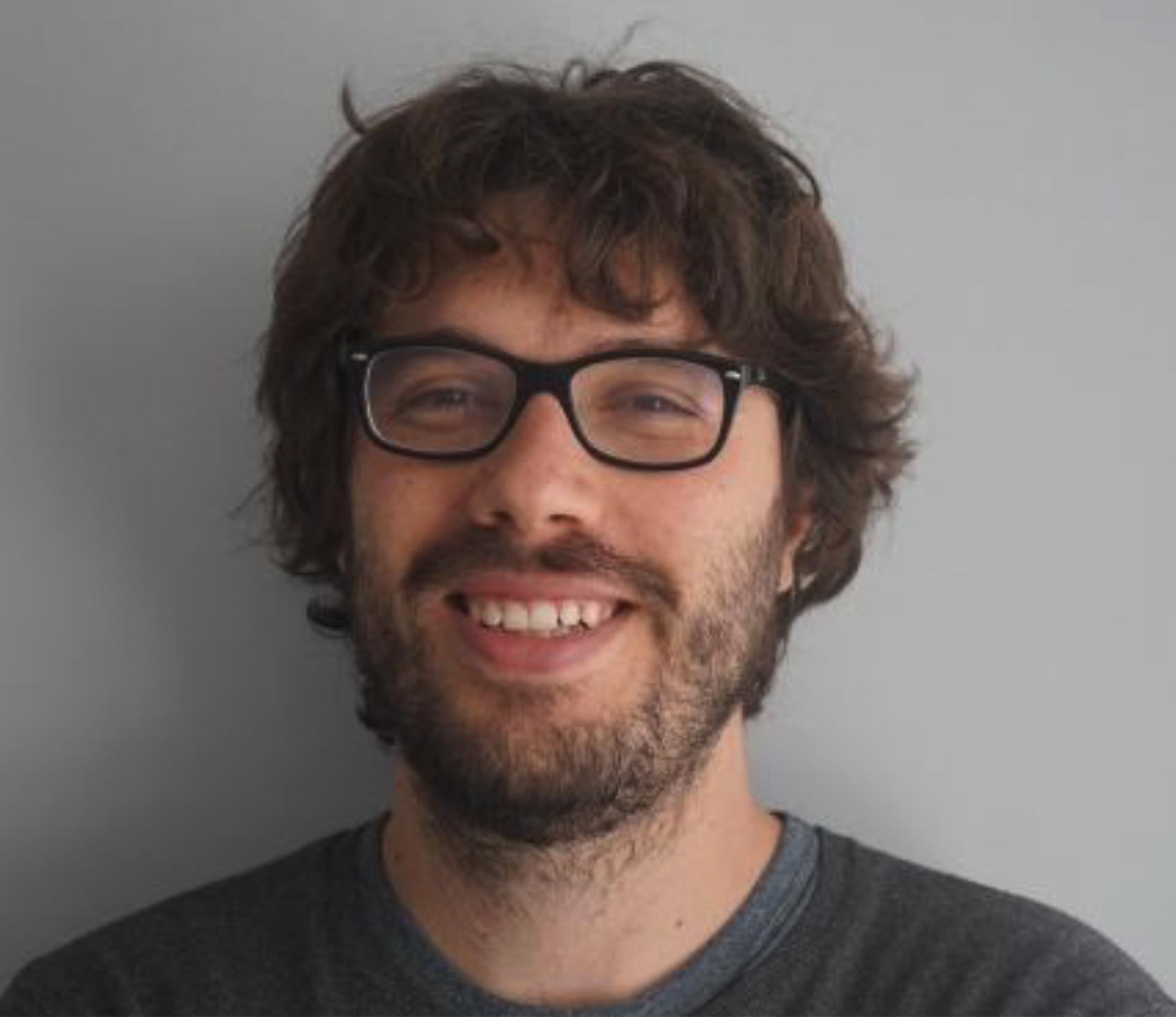
Dr. Lorenzo Pini is a researcher at the Department of Neuroscience, University of Padua (Italy), where he investigates the neural mechanisms underlying brain connectivity in neurodegenerative and focal disorders. His research combines multimodal neuroimaging (fMRI, DWI, PET), machine learning, and non-invasive neuromodulation to identify clinically relevant biomarkers of brain disconnection and recovery. He earned his Ph.D. in Biomedical Sciences and Translational Medicine from the University of Brescia (Italy) and has conducted research in leading European institutions in Switzerland and The Netherlands. Dr. Pini has authored more than 65 peer-reviewed publications and is co-inventor of a patent on a diffusion-based prognostic index for glioblastoma survival. He serves as Associate Editor for BMC Neuroscience and PLOS One. His current work focuses on modeling large-scale brain disconnection, predicting clinical outcomes from neuroimaging data, and integrating connectomic information to study the continuum between brain health and disease.

Jean-Baptiste (JB) Poline, PhD, is a tenured Professor in the Department of Neurology and Neurosurgery, and at the School of Computer Science at McGill; the director of the ORIGAMI (https://neurodatascience.github.io/) neuro-data-science laboratory where the Neurobagel (https://neurobagel.org) and Nipoppy (https://nipoppy.readthedocs.io/en/latest/) projects are developed. He is a strong proponent of open and reproducible science, founded or co-founded two scientific journals, works with several groups on training (ReproNim, Neurohackademy, etc) or standardization (GA4GH, INCF) initiatives, chaired the International Neuroinformatics Coordinating Facility scientific council, Chaired the NeuroHub and Technical Steering Committee for the Canadian Open Neuroscience Platform at the Neuro. Among the early pioneers of functional magnetic resonance imaging (fMRI), today, Prof. Jean-Baptiste Poline is a leading researcher in the fields of neuroimaging, imaging genetics, data science and neuroinformatics technologies and works with several initiative worldwide to develop open, reproducible, and efficient neuroimaging research.
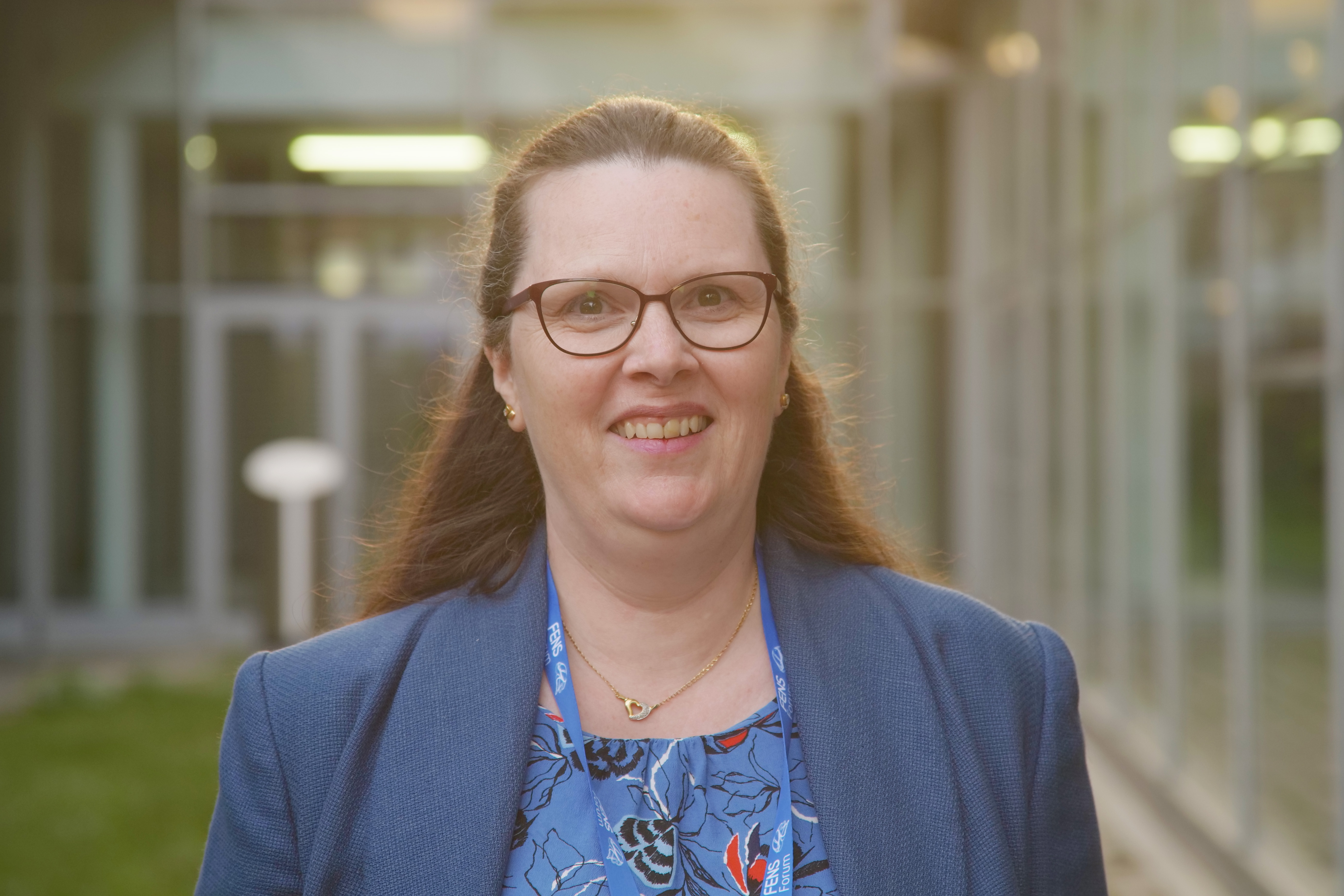
Maja Puchades received her PhD in Neurochemistry at the Gothenburg University, Sweden in 2003, on developing proteomic methods for studying biomarkers of Alzheimer’s disease. After several post-doc periods working with different neurodegenerative disease models, she joined the Neural Systems Laboratory at the University of Oslo in 2015. The main research focus is development of software tools for analyses of rodent data in context of 3D reference atlases. In the Human brain project (HBP) and EBRAINS infrastructure, she acted as deputy leader for the Brain atlas service and related tools and participated to the EBRAINS Curation team. Newly appointed as work package manager in the EBRAINS 2.0 project, she works in the Services for FAIR neuroscience data and data processing.

Ritter heads the Brain Simulation Section at the Charité University Medicine Berlin and Berlin Institute of Health (BIH). She serves as the Director for International Affairs at the Charité. Prof. Ritter leads / has led large EU infrastructure projects such as the Testing and Experimentation Facility Health AI and Robotics (TEF-Health, tefhealth.eu), European Open Science Cloud’s Virtual Brain Cloud (project ended) and eBRAIN-Health where she directs the development of compliant health data processing environments supporting the European Health Data Space. Prof. Petra Ritter is leading the Health Data Cloud of EBRAINS. She has been awarded an ERC Consolidator Grant acknowledging the scientific and technological excellence of her work.
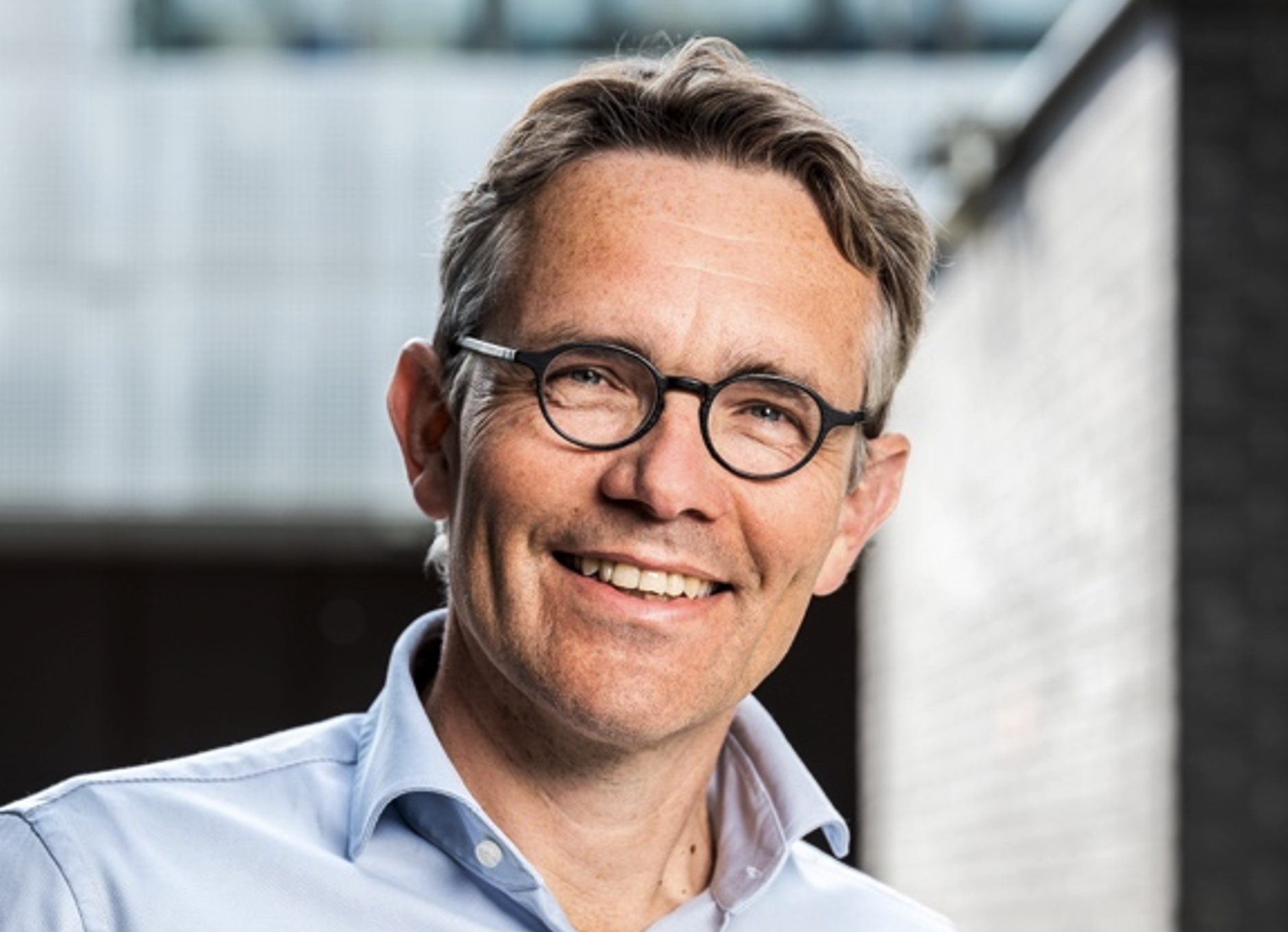
Pieter R. Roelfsema received his MD in 1991 and his PhD in 1995. Since 2002 he has worked at the Netherlands Institute for Neuroscience in Amsterdam, where he served as director from 2007 to 2023. He is Professor at the Vrije Universiteit Amsterdam and at the Department of Neurosurgery of the Amsterdam University Medical Center, and is affiliated with the Institut de la Vision in Paris. He has been awarded a NWO-VICI grant (2008) and two ERC Advanced Grants (2014, 2022). His research focuses on visual perception, plasticity, memory, and consciousness, studied in experimental animals, humans, and neural networks. He investigates how neurons across brain areas cooperate during seeing and thinking, and how networks reconfigure themselves during learning. Roelfsema also develops neurotechnologies for visual prostheses, aiming to restore rudimentary sight in blind individuals. He coordinates the Dutch neurotechnology initiative NeuroTech-NL and in 2019 co-founded Phosphoenix, a start-up developing visual brain prostheses.

Concert pianist, Assistant Professor of Neurosurgery and Founding Director of Music-in-Medicine at MD Anderson. Medalist of the 2015 World Piano Competition, Dr. Rui has performed at the Louvre Auditorium, Hofburg Palace, and soloed all the Rachmaninoff Piano Concerti with orchestras including Cincinnati, Beijinig, Shanghai, and Yale Philharmonics. A Principal Investigator of several multi-modal, large-scale clinical trials and a pioneer in Music Medicine, she integrates EEG and BCI into live performances to study music's impact on stress, pain, and brain health.

I am leading the EBRAINS Lithuania National Node, and I am a head of the Computational Neuroscience group at the Neuroscience Institute, Lithuanian University of Health Sciences, also hold positions of professor at the Department of Health Psychology, Lithuanian University of Health Sciences, and Department of Informatics, Vytautas Magnus University, Kaunas, Lithuania. My research is focussed on brain modelling and simulation in health and pathology, from molecular processes to whole brain models using The Virtual Brain. I apply modern machine learning and deep learning techniques for medical data analysis in the fields of neuropsychology, neuropsychiatric and neurological disorders. I am co-organiser of many scientific and educational events in neuroscience and artificial intelligence in Lithuania and other European countries.
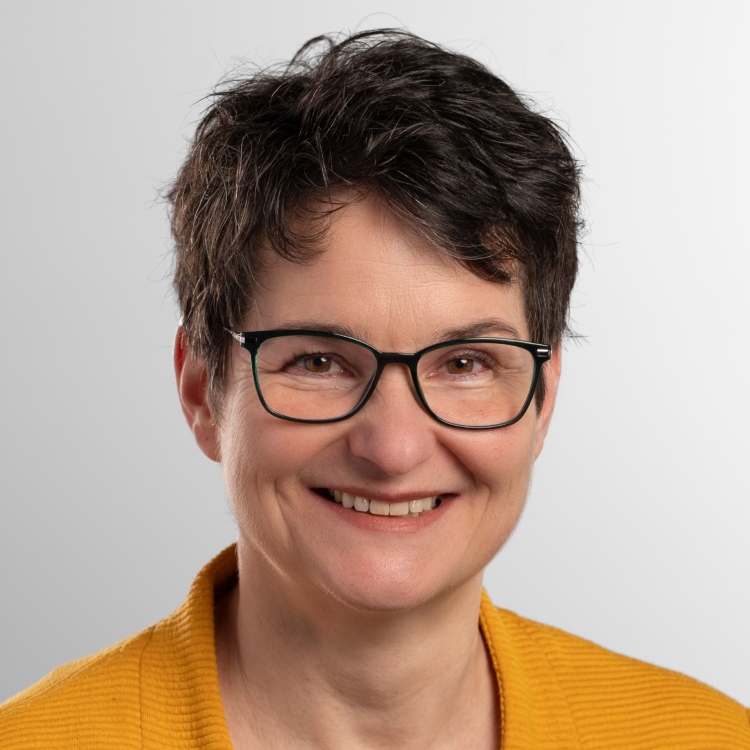
Birgit Schaffhauser received her PhD in Biology from the University of Vienna, Austria, in 2004, conducting her doctoral research between the Institute of Molecular Pathology (IMP) in Vienna and the University of Basel, Switzerland, focusing on molecular biology, angiogenesis inhibition in transgenic mice and cell signalling in tumour progression. She has since built a distinguished career managing large-scale international research collaborations across Europe, including leadership roles at the Technical University of Munich, EPFL, and now Lausanne University Hospital (CHUV). As Senior Programme Manager and Team Coordinator at CHUV’s NeuroDigital unit at the Department of Clinical Neuroscience, her work focuses on advancing the EBRAINS trusted research environments through the Medical Informatics Platform (MIP), the Human Intracerebral EEG Platform (HIP), and CHORUS, platforms enabling secure data sharing and digital neuroscience innovation. She is facilitating the establishment of the EBRAINS Swiss National Node, SENPro – a national project aiming at establishing a pilot EOSC Swiss National Node and contributes to major European projects such as eCREAM and EPND, supporting secure data sharing and digital neuroscience innovation.

Dr Wim Scheenen studied biology at Radboud University. He holds a PhD degree in Science with a specialisation in Comparative Endocrinology. During his scientific career as an Assistant Professor in Cellular Neurobiology (1997-2017), he revised the M.Sc. Medical Biology from his role as Education Coordinator of the education institute Bioscience, and later as its Director, he led the revision of the B.Sc. curriculum. Biology. As head of the Education Centre from 2017 to 2022, he was responsible for all educational support to the faculty of Science. During that period, he was one of the co-founders of the university-wide management team Education and Student Affairs (MESA). As head of the Education Centre, he participated in the Radboud Platform Internationalisation and several ad hoc platforms during the COVID-19 pandemic. Since January 2023, he is the education project manager at Radboud University for NeurotechEU. He leads the work package on Interdisciplinary Knowledge Creation and is responsible for the education of NeurotechEU, as well as being involved in the interoperability challenges of the alliance.

Johannes Schemmel has been the head of the “Electronic Visions” research group at the Kirchhoff-Institute für Physik since 2000 and of the ASIC Laboratory at Heidelberg University since 2008. He currently holds the chair in “Neuromorphic Computing Architectures” at the Institute of Computer Engineering (ziti) at Heidelberg University. His research focuses on highly parallel mixed-signal circuits for information processing, specifically the analog implementation of biologically inspired neural networks. His research group pioneered the wafer-scale implementation of analog neuromorphic processors and currently operates the Heidelberg neuromorphic BrainScaleS system as part of the European EBRAINS research infrastructure.
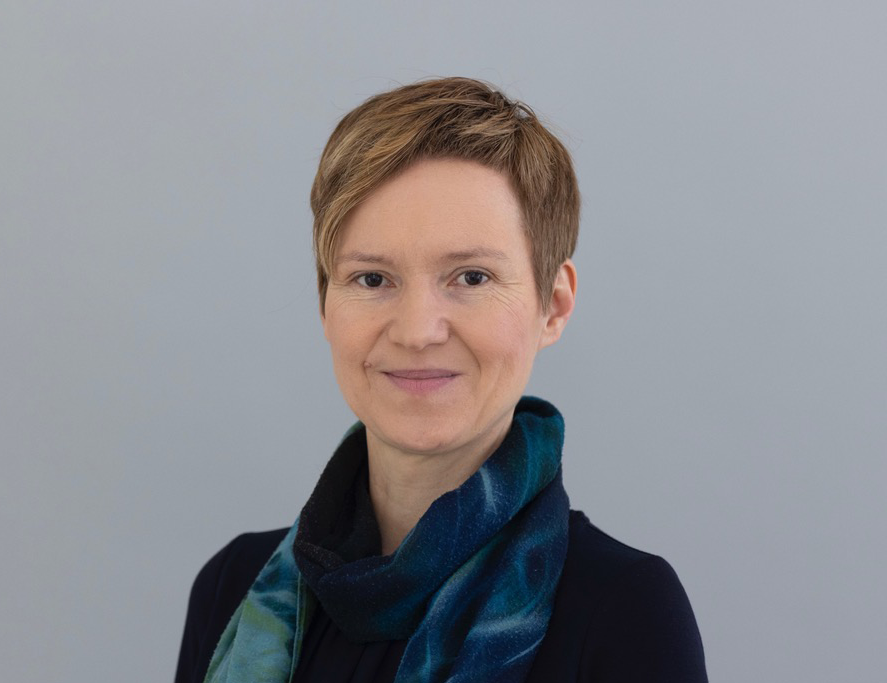
Susanne Schreiber studied biophysics at Humboldt University Berlin. Her first hands-on encounter with neuroscience research was during her Diploma thesis in the lab of Simon Laughlin at the University of Cambridge, UK. For the first half of her PhD, she joined the lab of Terry Sejnowski at the Salk Institute for Biological Studies in La Jolla, US, as a doctoral Sloan-Swartz Fellow. She completed the dissertation in Berlin in the lab of Andreas Herz. In 2008 Susanne received the Bernstein Award for Computational Neuroscience which allowed her to found her own computational neurophysiology lab at Humboldt-University Berlin, where she was tenured in 2015 and became Einstein professor in 2021. Her lab investigates principles of neural computation combining a biophysical and an evolutionary perspective. She is the Chair of the Bernstein Network for Computational Neuroscience in Germany (since 2019) and Vice Chair of the German Ethics Council (since 2020).
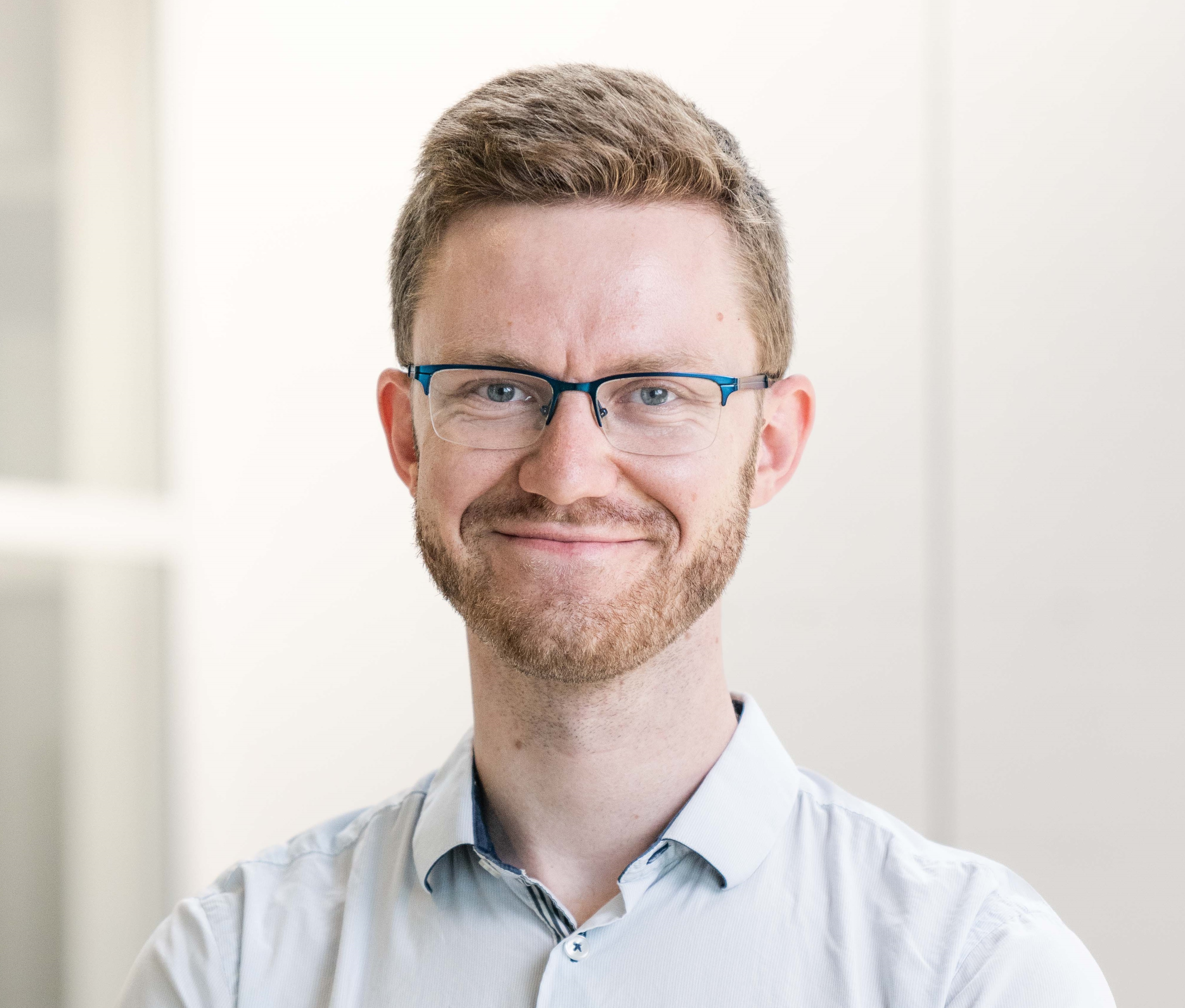
Martin is a tenure-track assistant professor at EPFL where he aims to understand the brain in computational terms. To achieve this goal, he bridges research in Machine Learning, Neuroscience, and Cognitive Science. He initiated the community-wide Brain-Score platform for evaluating models on their neural and behavioral alignment, and built state-of-the-art models such as CORnet, VOneNet, and TopoLM. Martin completed his PhD at MIT with Jim DiCarlo, following Bachelor's and Master's degrees in computer science at TUM, LMU, and UNA. Previously he worked at Harvard, MetaMind/Salesforce, Oracle, and co-founded two startups. Martin is actively advancing NeuroAI into translational technologies as a scientific advisor to startups. Among others, his work has been recognized in the news at Science magazine, BBC, Quanta, and Scientific American; and with awards such as the Neuro-Irv and Helga Cooper Open Science Prize, the Google.org Impact Challenge prize, and the Takeda fellowship in AI + Health.
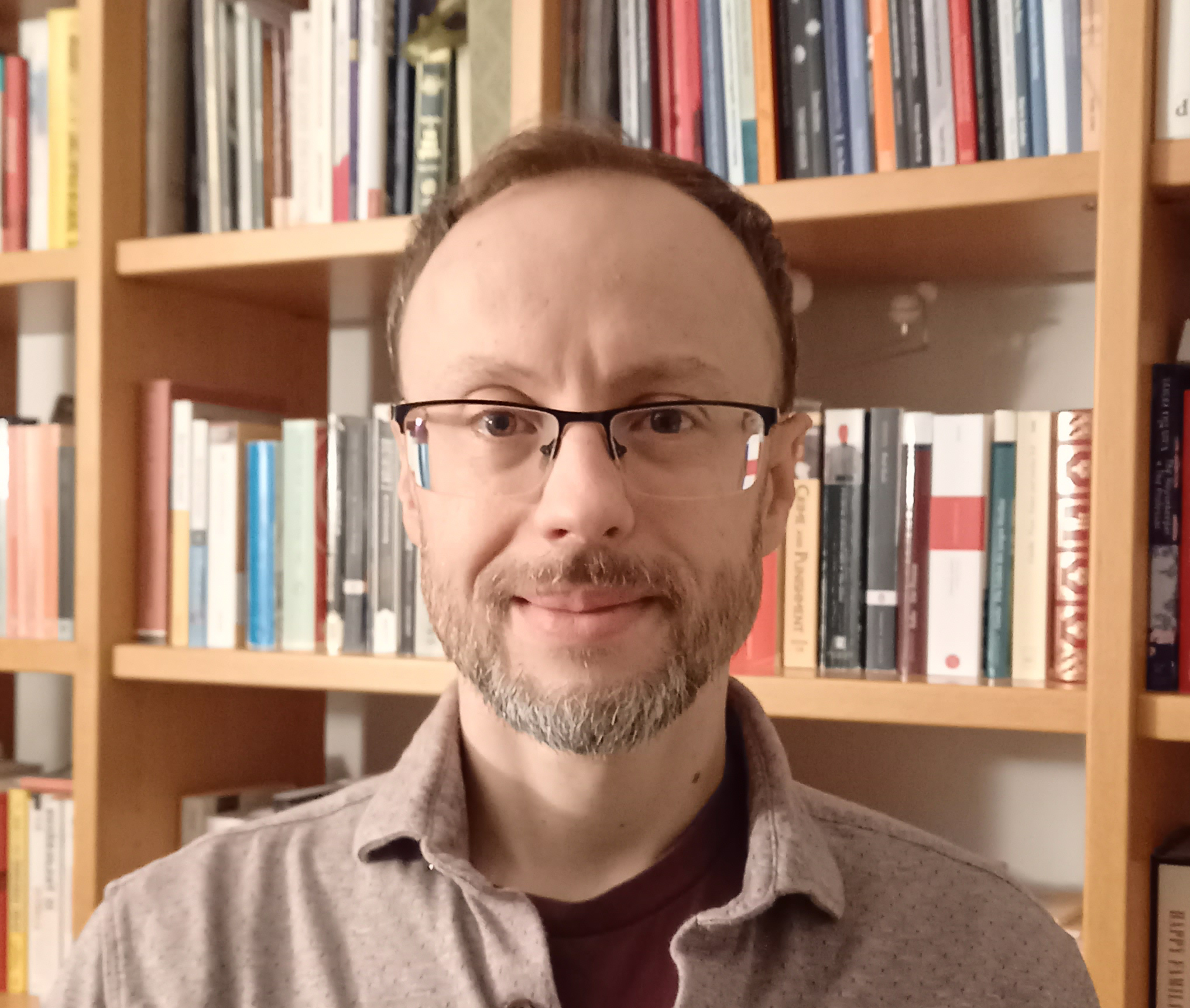
Mario Senden is a computational neuroscientist whose research aims to bridge the gap between biophysically realistic brain simulation and functional, behavior-producing artificial intelligence. He develops next-generation models that incorporate biological constraints, such as connectome architectures and laminar microcircuits, while being trained end-to-end on complex tasks. The goal of this work is to create truly functional whole-brain models to understand how large-scale neural dynamics give rise to intelligent behavior.
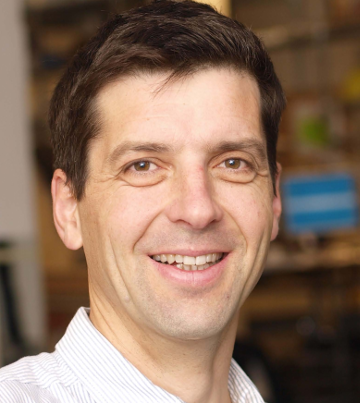
Prof. Dr. Walter Senn is a computational neuroscientist recognized for his models on cortical computation that connect biological and artificial intelligence. He has a PhD in Mathematics from University of Bern and Freiburg i.Br., and was for research stays at Moscow Lomonossov University (with Prof. Y. Sinai), at the NIH and NYU (with Prof. Rinzel) and at the Hebrew University in Jerusalem (with I. Segev). Since 2006 he is Full Professor for Computational Neuroscience at the Institute of Physiology, University of Bern, where he is Co-Director since 2010. His recent work is devoted to the neuronal least action principle from which dynamic laws of neuron and synaptic plasticity are derived in a similar way as the law of motion is derived from the least action principle in physics. The theory links cortical microcircuits with behavioral error minimization, links to artificial intelligence and serves as a basis to design neuromorphic hardware. W. Senn is involved in various international collaborations (such as EBRAINS 2.0).
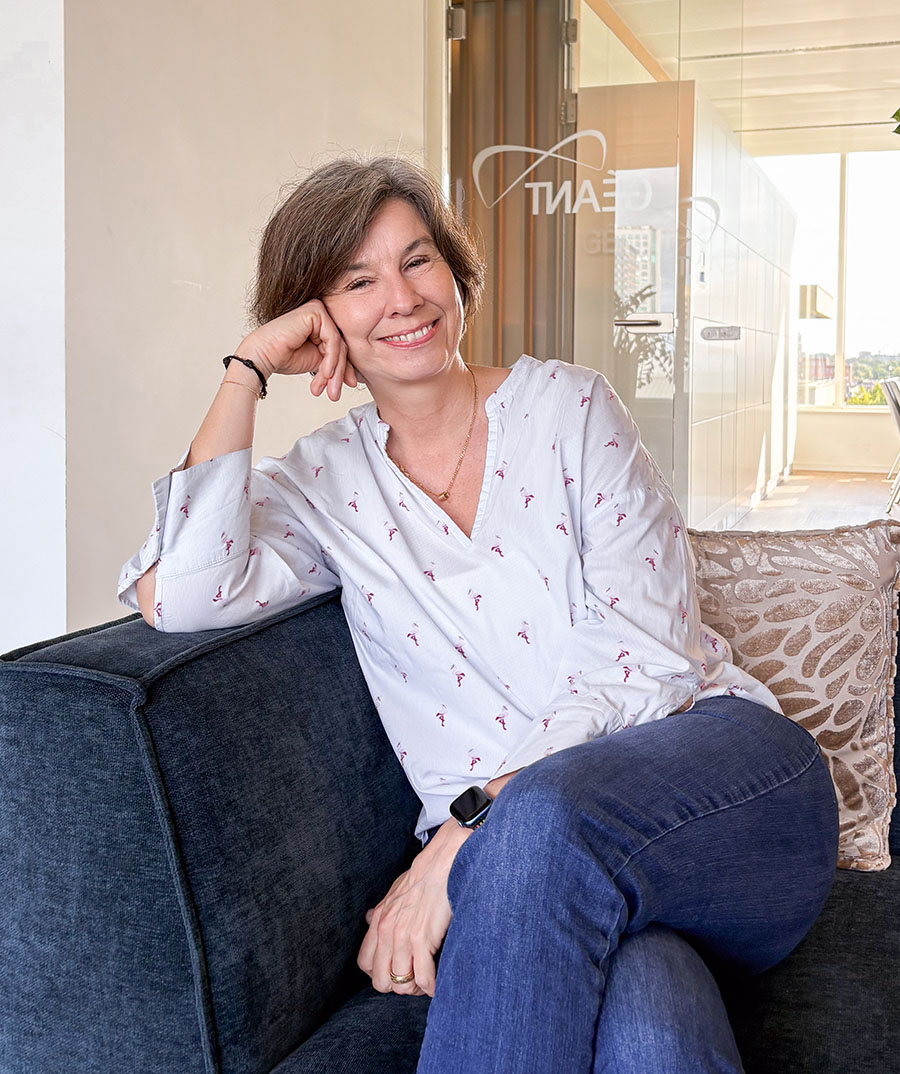
Cathrin Stöver has belonged to the GÉANT team since 1997, holding various positions as the organisation has grown and developed, always with a specific focus on growing the geographic reach of the GÉANT network and the deepening of the global R&E collaboration for the benefit of the global research and education community. Today, Cathrin carries the overall responsibility for the Marketing Communications and Design teams and additionally the EU Liaison Team as Chief Communications Officer. Cathrin has been a member of the EOSC Executive Board from 2019 to 2021 and of the SIAB of HBP from 2020 to 2024. She is a member of the Scientific Council of the German research data-infrastructure, NFDI.
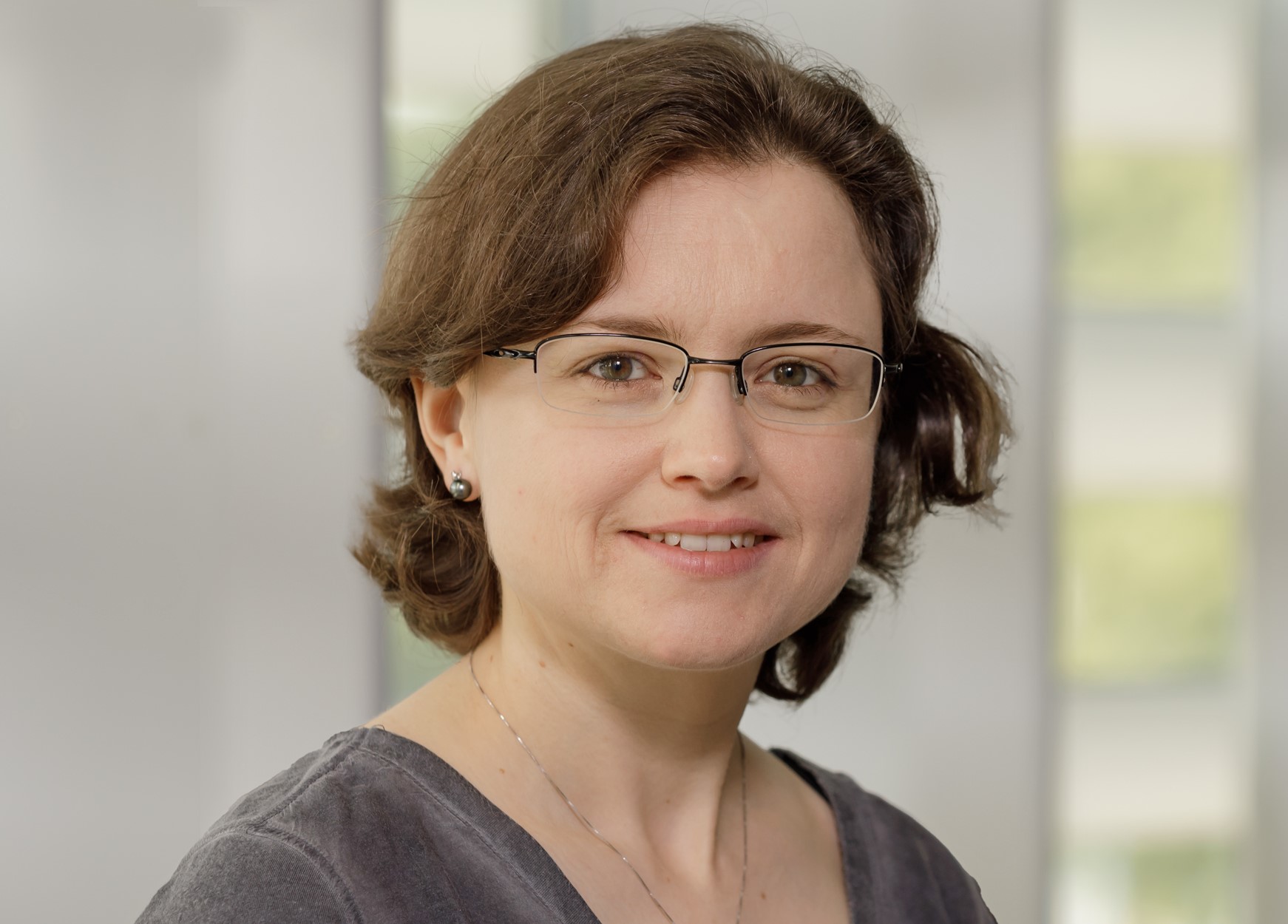
Estela Suarez is joint lead of the department "Novel System Architecture Design" at the Jülich Supercomputing Centre and Associate Professor for High Performance Computing at the University of Bonn. Her expertise is in HPC system architecture and codesign. As leader of the DEEP project series, she has driven the development of the Modular Supercomputing Architecture, including the implementation and validation of hardware, software and applications. In addition, she has been leading the codesign efforts within the European Processor Initiative from 2018 until 2024. Between 2024 and 2025 she took a sabbatical to fill the position of Senior Principal Solution Architect at SiPEARL. She holds a PhD in Physics from the University of Geneva (Switzerland) and a Master's degree in Astrophysics from the University Complutense of Madrid (Spain).
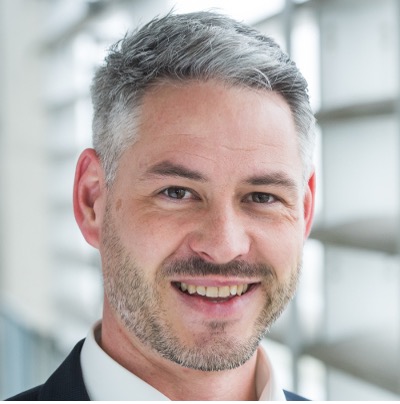
After graduation in Computer Science and receiving a PhD from the University of Tübingen, Germany, Michael Tangermann was a member of the Berlin BCI (BBCI) research lab at the TU Berlin before he became head of the brain state decoding laboratory at the Albert-Ludwigs-University of Freiburg, Germany in 2013 and served as a substitute professor of the Autonomous Intelligent Systems Lab in Freiburg. Since 2021, he is assoc. professor at the Donders Institute in Nijmegen, Netherlands, where he is the head of the Data-Driven Neurotechnology lab and head of the Dept. Machine Learning and Neural Computing at the Radboud University. Michael Tangermann investigates machine learning approaches to tackle neuroscientific and neurotechnological data problems. His research interests comprise adaptive unsupervised and supervised methods for the classification and regression of non-stationary brain signals, regularization techniques, reinforcement learning and deep learning. He translates these methods into clinical brain-computer interface applications (e.g. for rehabilitation of stroke-induced hand motor and language deficits, closed-loop deep brain stimulation in Parkinson's disease).
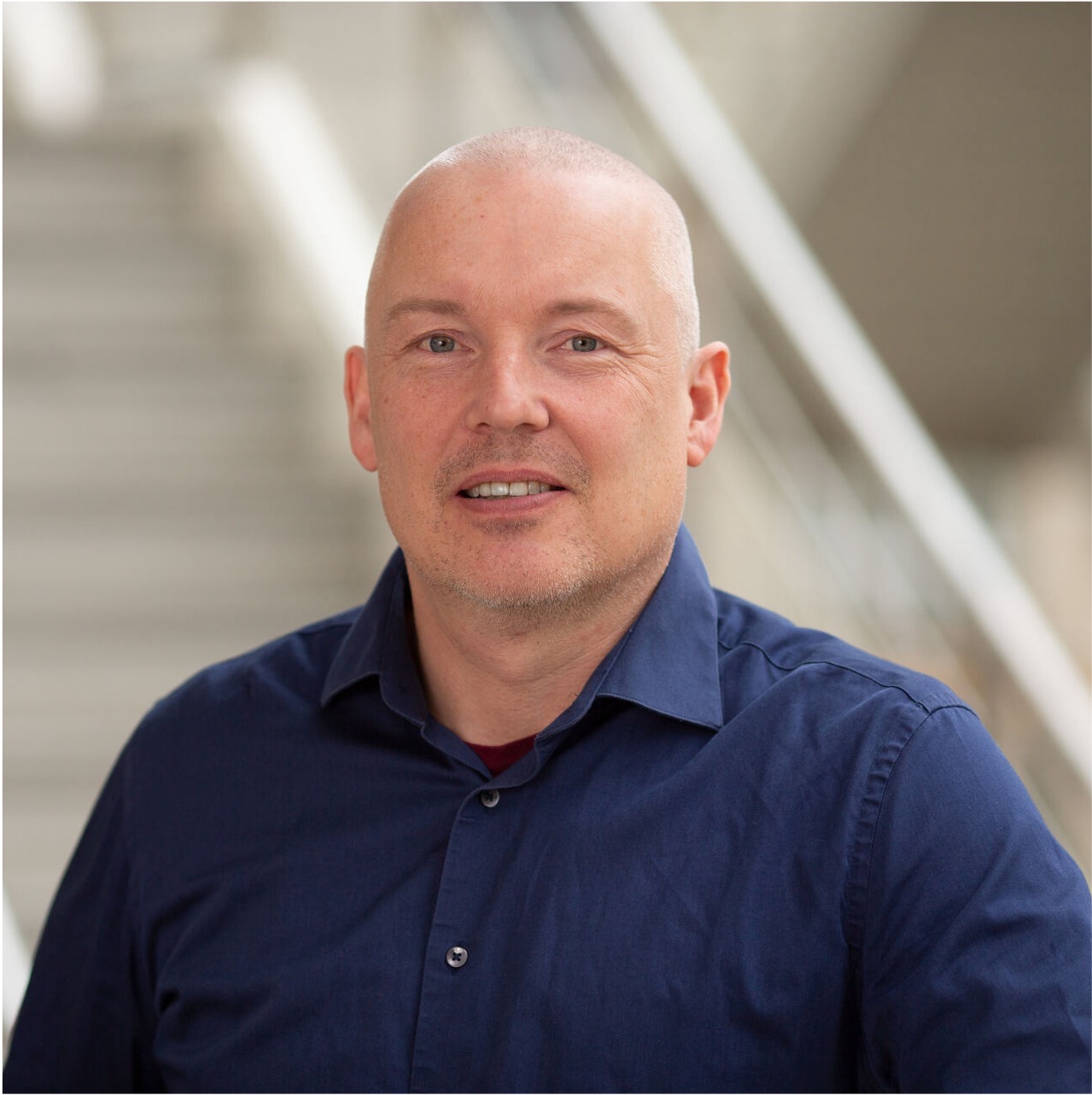
Gard Thomassen holds a PhD in Bioinformatics, and participated in the first exome and transcriptome sequencing of tumor/normal samples in Norway in 2010. In 2012 Thomassen became project leader for building a trusted research environment for storage, analysis and collection of sensitive data (TSD) at the University of Oslo Centre for IT (USIT). TSD is now the lead national eInfrastructure for research on sensitive data in the NORTRE consortium. TSD also delivers IT infrastructure for clinical deep sequencing at the Oslo University Hospital, TSD holds > 2.000 research projects with more than 10.000 active users. In 2022 Thomassen lead a consortium that was awarded a 50MNOK grant from the RCN to build a Norwegian AI Cloud. Since 2023 Thomassen has been the IT-director of UiO, the UiO IT-department has 380 employees and delivers a wide range of services locally, nationally and internationally. Thomassen has been/ is part of / associated with a wide range of large infrastructure collaborations WLCG-Tier1, EUDAT, PRACE, EOSC, Elixir, eBrains, EuroHPC, TEHDAS etc.

Sacha van Albada is leader of the group "Theoretical Neuroanatomy" at the Institute for Advanced Simulation (IAS-6) at the Jülich Research Center and Professor for Computational Neuroanatomy at the University of Cologne, Germany. She obtained a Bachelor of Science degree from University College Utrecht, the Netherlands, followed by a master's in Theoretical Physics from Utrecht University, and a PhD in brain modeling at the School of Physics at the University of Sydney, Australia. Subsequently, she held postdoc positions at the University of Sydney and at INM-7, Research Center Jülich before becoming a group leader in 2017 and obtaining a Tenure Track Junior Professorship in 2019. From December 2025, she is a full professor. In the EBRAINS 2.0 project, she leads Task 3.2 on digital twin models. Her group combines anatomical and physiological data from a wide range of sources to build neural network models of mammalian cerebral cortex. The aim is to understand relationships between cortical structure and dynamics, and to provide models that serve as platforms for further refinement and for incorporating cortical function.
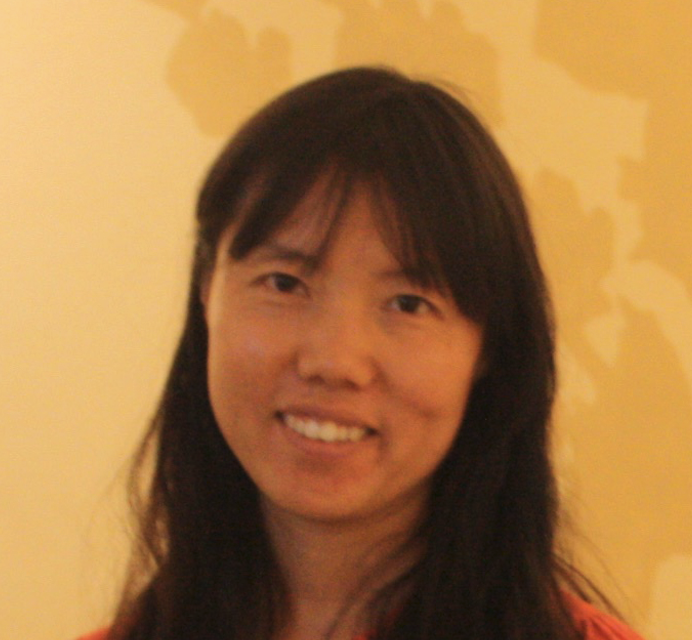
Dr. Huifang Wang is a neuroscientist who works in INS, an institute of Aix-Marseille University and INSERM, France, led by Dr. Viktor Jirsa. Her current research is interested in personalized whole brain modelling (virtual brain twins) from basic science to clinical use. Together with her team, she has contributed to the development of the Virtual Epileptic Patient pipeline for the diagnosis and treatment of epilepsy. Currently, their work expands toward building virtual brain twins not only for epilepsy but also for other brain disorders, including psychiatric conditions, aiming to improve diagnosis, treatment, and prognosis.Dr. Wang leads a dedicated sub research group named DEPTH, which focuses on advancing virtual brain twin technology in the context of epilepsy and psychiatric disorders.
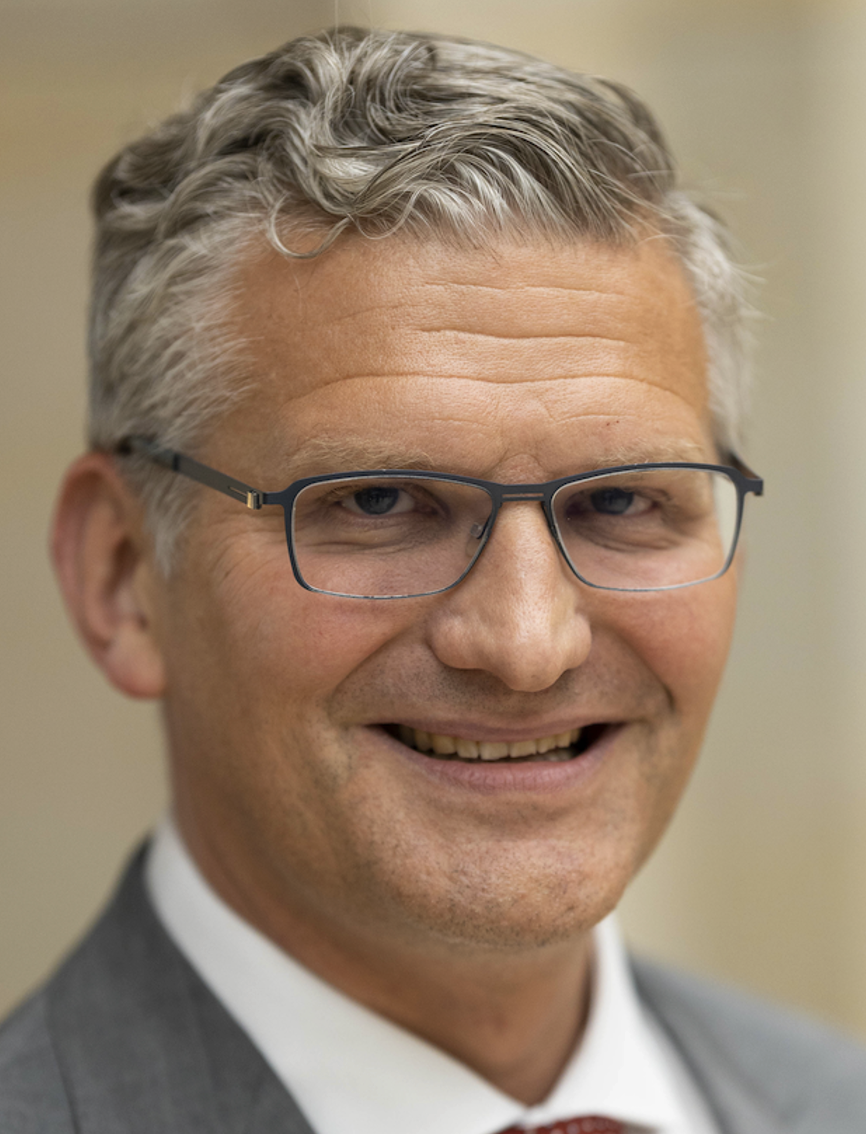
Professor Frank Winkler is a managing senior physician in the Department of Neurology at the University of Heidelberg and group leader at the German Cancer Research Center. He studied medicine in Hamburg, Freiburg and London, specialized in Neurology at the LMU Munich, spent a 2 year postdoc at Harvard, and was appointed to Heidelberg in 2010. Dr Winklers’ work has been published in Nature, Cell, Nature Medicine, Cancer Cell. In 2022 he received the German Cancer Award, in 2024 the BIAL award for Biomedicine and in 2025 the Brain Prize, the world’s largest prize for Neuroscience and Neuromedicine. His work focusses on the interaction of the nervous system with cancer, pioneering the field of Cancer Neuroscience, and launching investigator-initiated trial concepts.

As Senior Technical Sales Manager at SpiNNcloud, Thilo Werner leads customer engagement and strategy, translating complex technical capabilities into scalable market solutions. He specializes in bridging the gap between deep-tech innovation and commercial application. Prior to SpiNNcloud, Thilo Werner held key technical leadership roles at Infineon and FMC, where he pioneered work on emerging memory technologies (RRAM and Ferroelectric memory) for automotive and neuromorphic applications. With a PhD in Neuromorphic Engineering and a background in semiconductor physics, he brings a unique "atom-to-system" perspective—ensuring that next-generation AI architectures are built on a foundation of physical reliability and energy efficiency.

Marmaduke Woodman is a research engineer at the Institute of Systems Neuroscience (INS) at Aix Marseille University, where he develops computational infrastructure for virtual brain twin modeling. His work focuses on bridging mechanistic whole-brain models with clinical applications through scalable inference methods and privacy-preserving architectures. He is a core developer of The Virtual Brain software and contributes to EU projects including EBRAINS 2.0 and Virtual Brain Twin, addressing challenges at the intersection of computational neuroscience, neuroinformatics, and data governance.
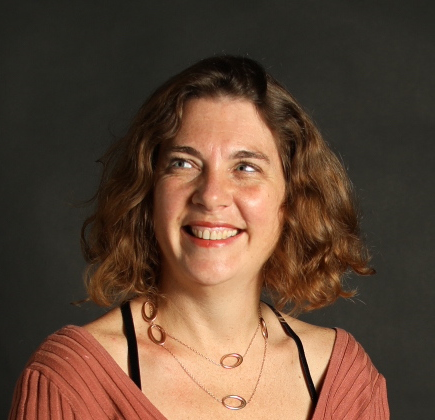
Fleur Zeldenrust is leader of the group "Biophysics of Neural Computation" at the Donders Institute of the Radboud University, the Netherlands. She has a Bachelour's degree in physics and a Master's degree in neuroscience, both from the University of Amsterdam. There, she also obtained a PhD in computational neuroscience in 2012. After performing postdoctoral research at the École Normale Supérieure in Paris, she returned to the Netherlands to design a track in computational neuroscience in the Psychobiology BSc degree at the University of Amsterdam. An NWO Veni grant (2015) and later a Marie Curie Training Network grant (2019, 'SmartNets') allowed her to start her own research group at the Donders Institute, which studies how the physical structure of the brain (its ‘hardware’) shapes the information processing and vice versa: how the computations needed for information processing (the ‘software’) are adapted to the physical structure of the hardware. The group uses a variety of theoretical methods, from (biophysical) neural network modelling to abstract coding models and advanced data analysis of experimental data, closely collaborating with experimental neuroscientists, studying neurons, networks, and behaviour, unraveling together the fundamental functions of the brain. She recently obtained an NWO Vidi grant (2022) to research the influence of neuromodulators on information processing in the brain. Next to her research, Fleur Zeldenrust is very passionate about communicating neuroscience to the public, (co-)founding amongst others the Dutch Brain Olympiad and the BrainHelpDesk.
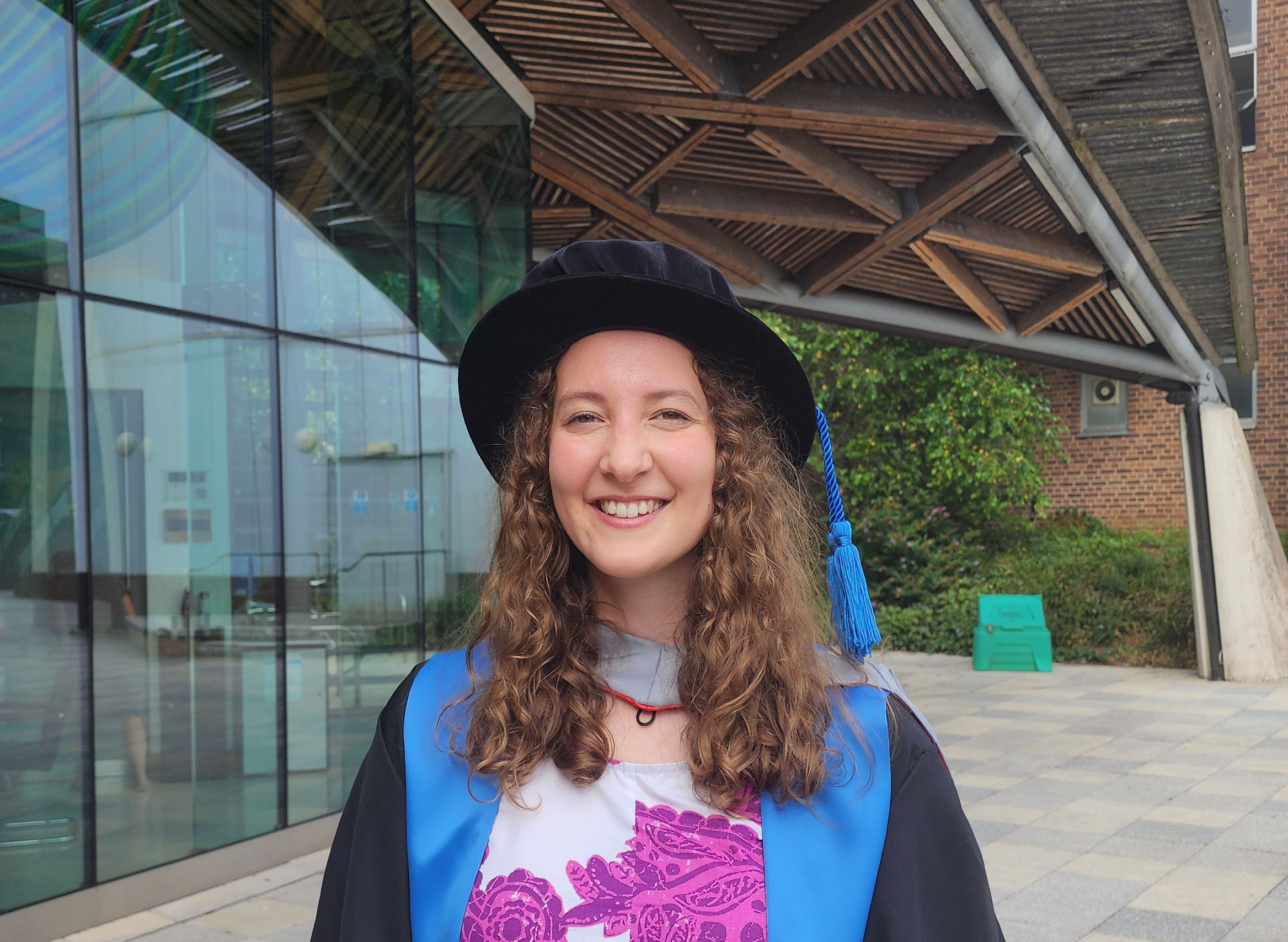
Katya is a specialist in computational modeling and simulations, with a PhD in Physics from the University of Exeter. Her PhD research project combined innovative approaches in photonics and quantum chemistry to decode signals from single-molecule biosensors, contributing to advancements in biotechnology. During her studies, Katya gained new skills in scientific software development and high-performance computing, which have been instrumental in her subsequent career path. Currently, Katya works at the Forschungszentrum Jülich, which is home to Europe's first exascale supercomputer. She explores the mutual influence of brain science and computing, and provides science support for EBRAINS, an open infrastructure for brain research.
Why Our Speakers Matter
The EBRAINS Summit is built on dialogue and diversity. Our speaker lineup will reflect the interdisciplinary nature of neuroscience — bridging research, ethics, innovation, and policy to help shape a more connected, impactful future.

